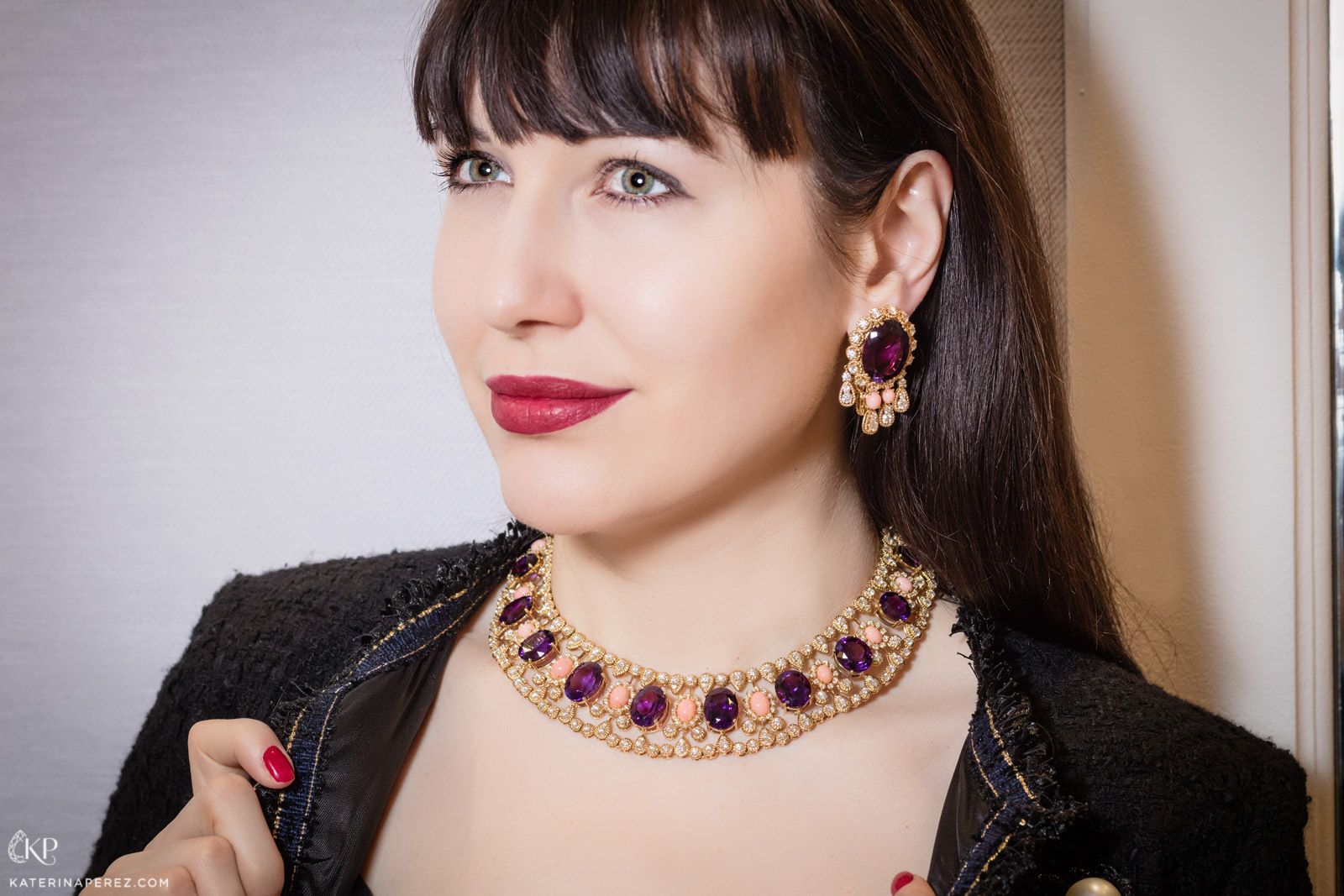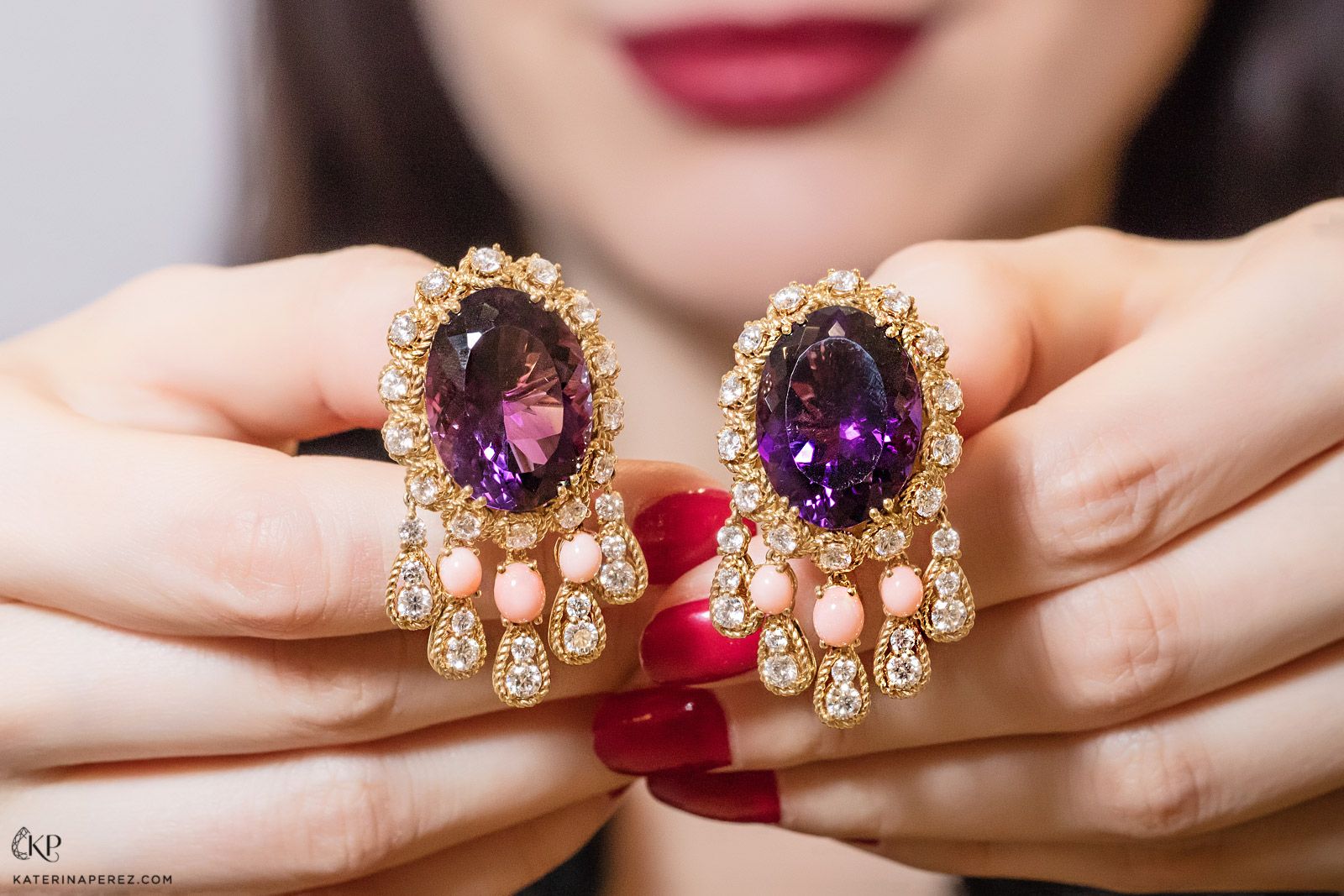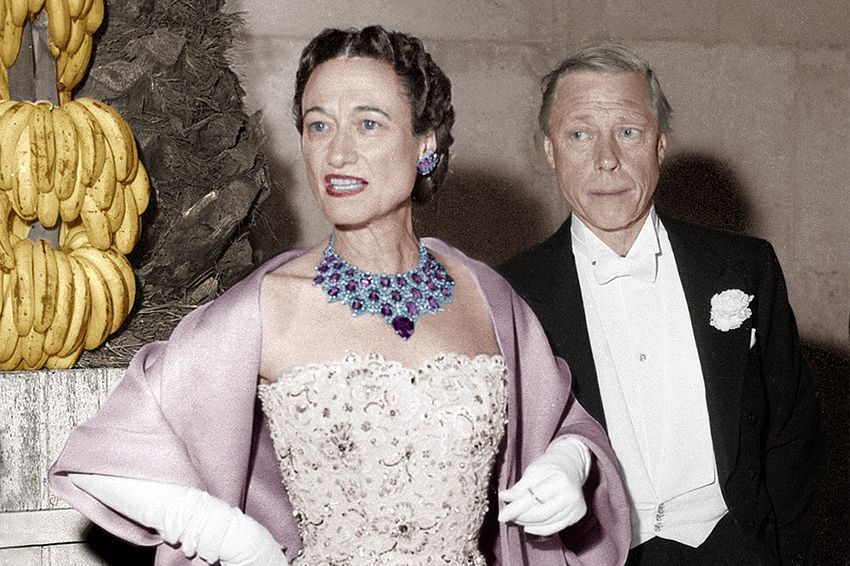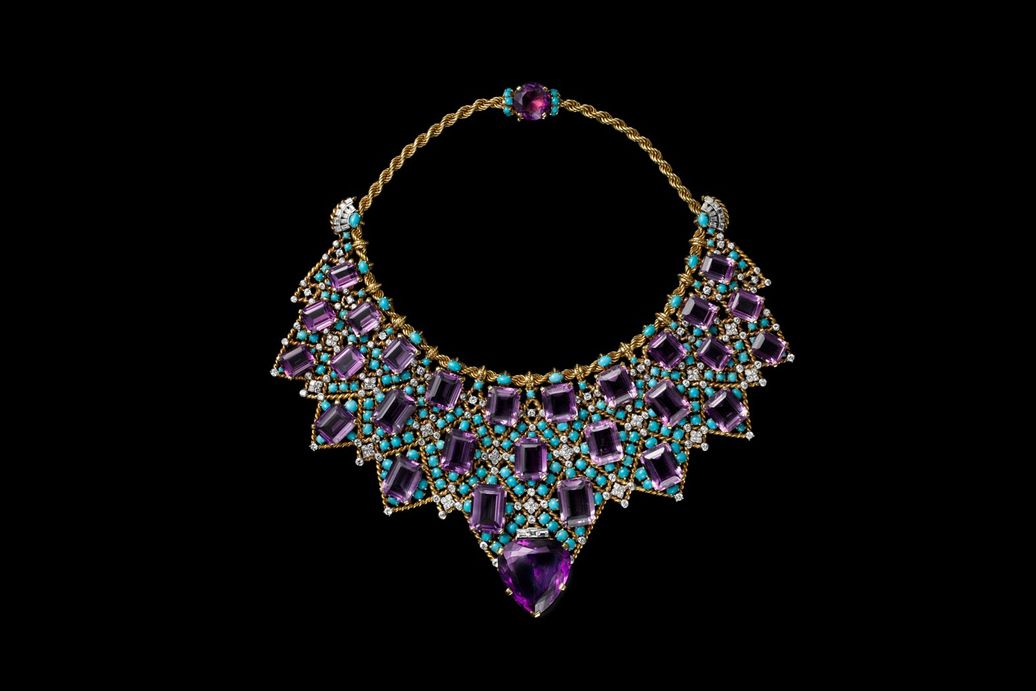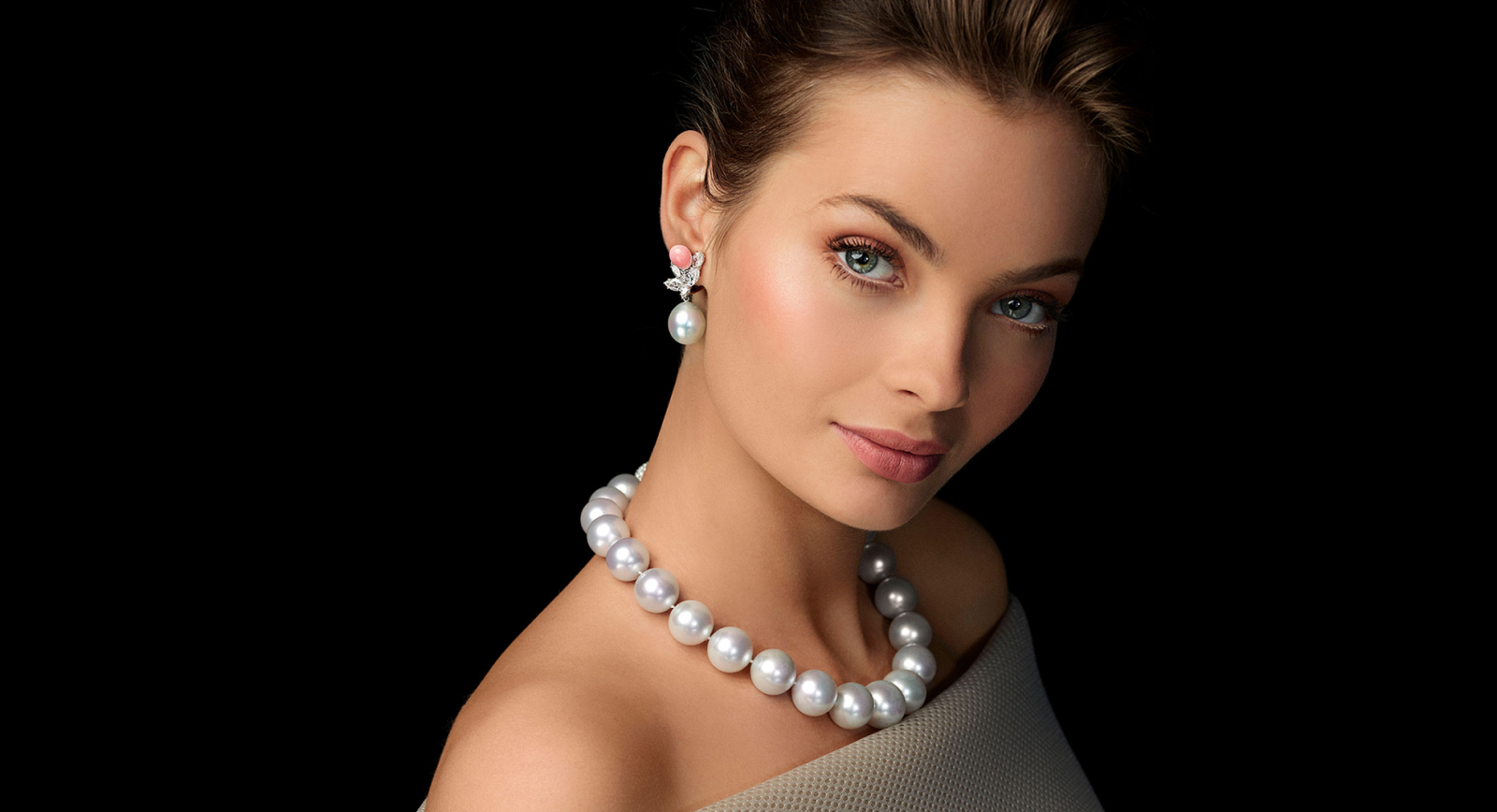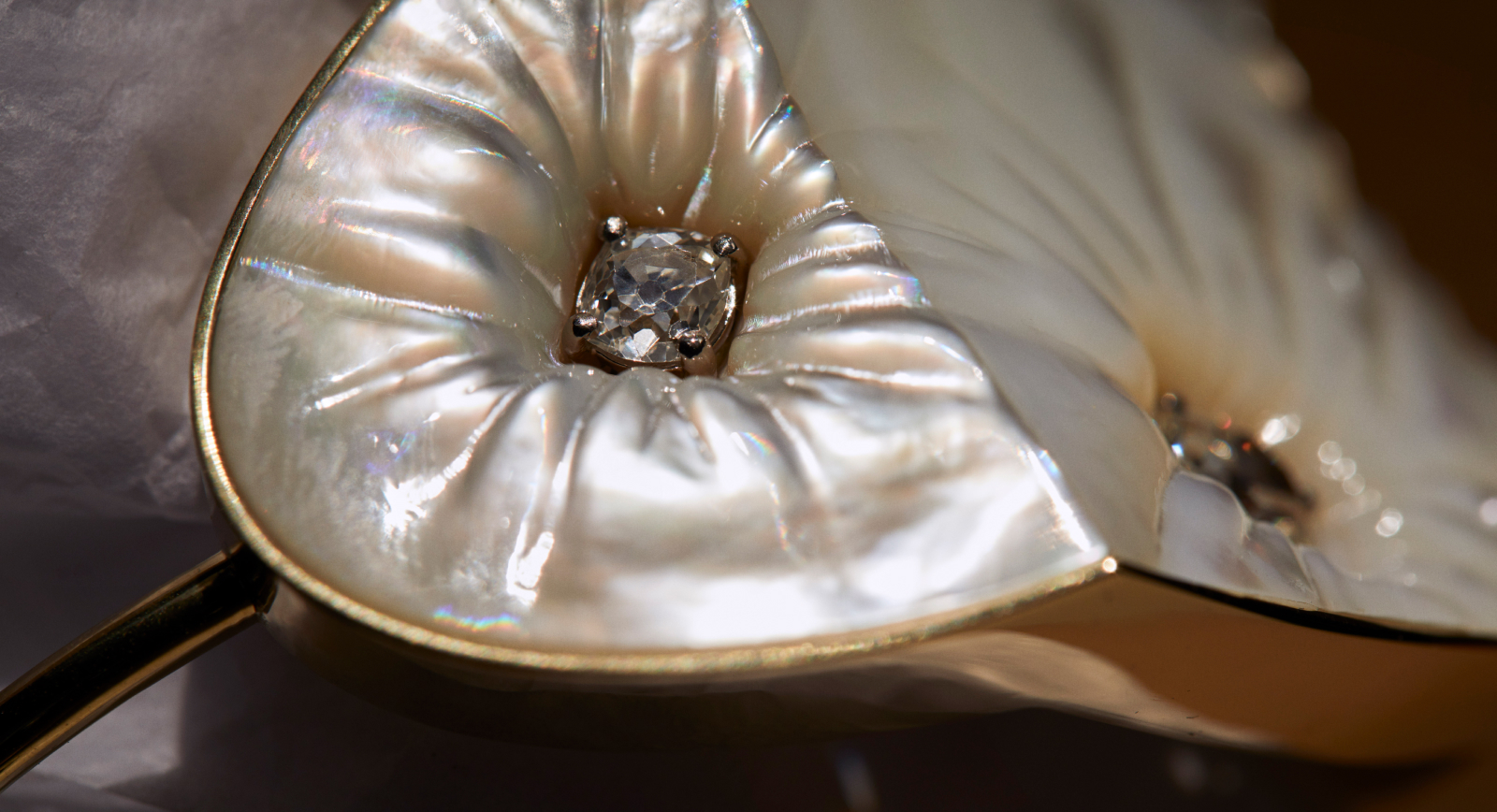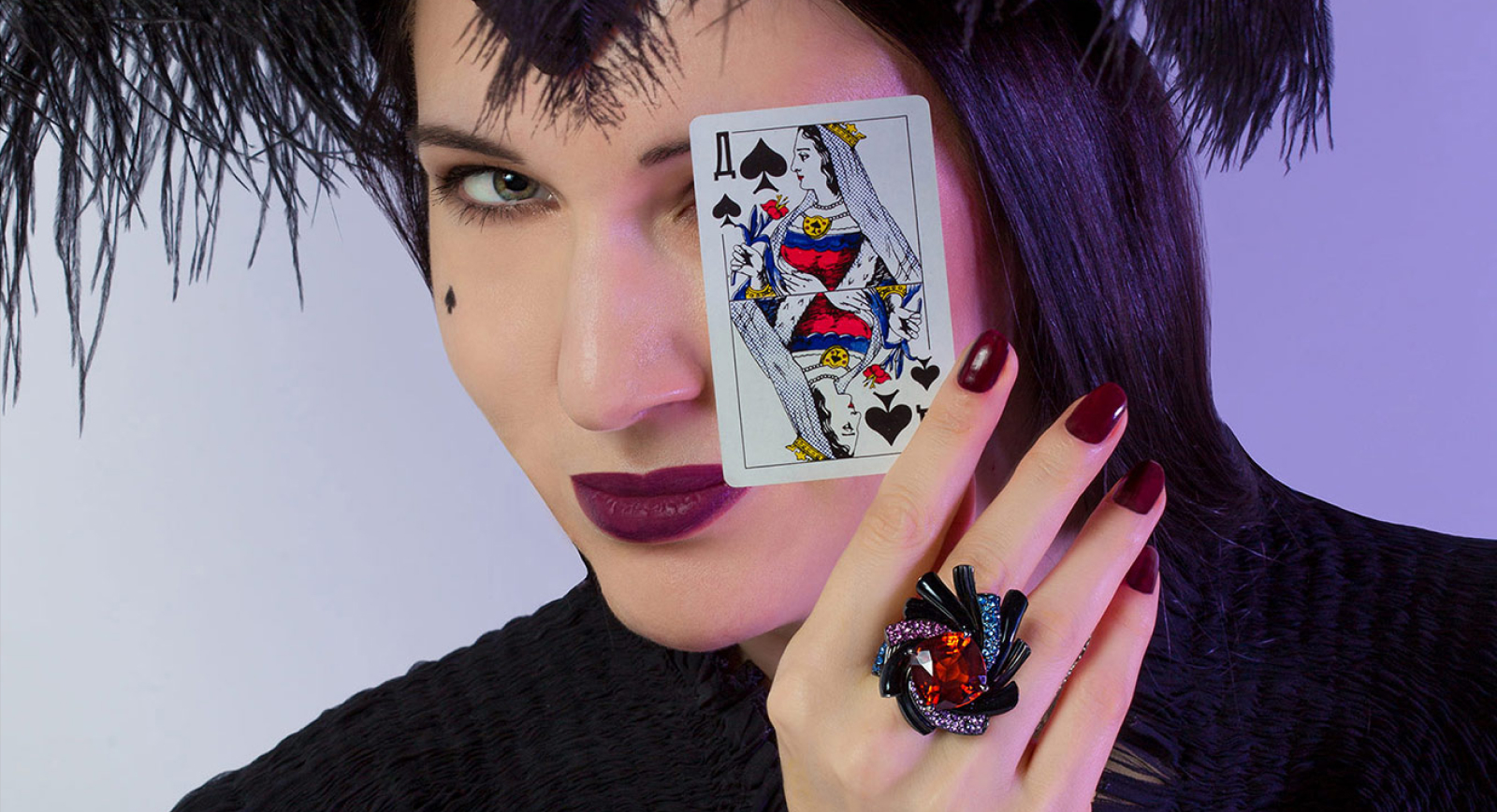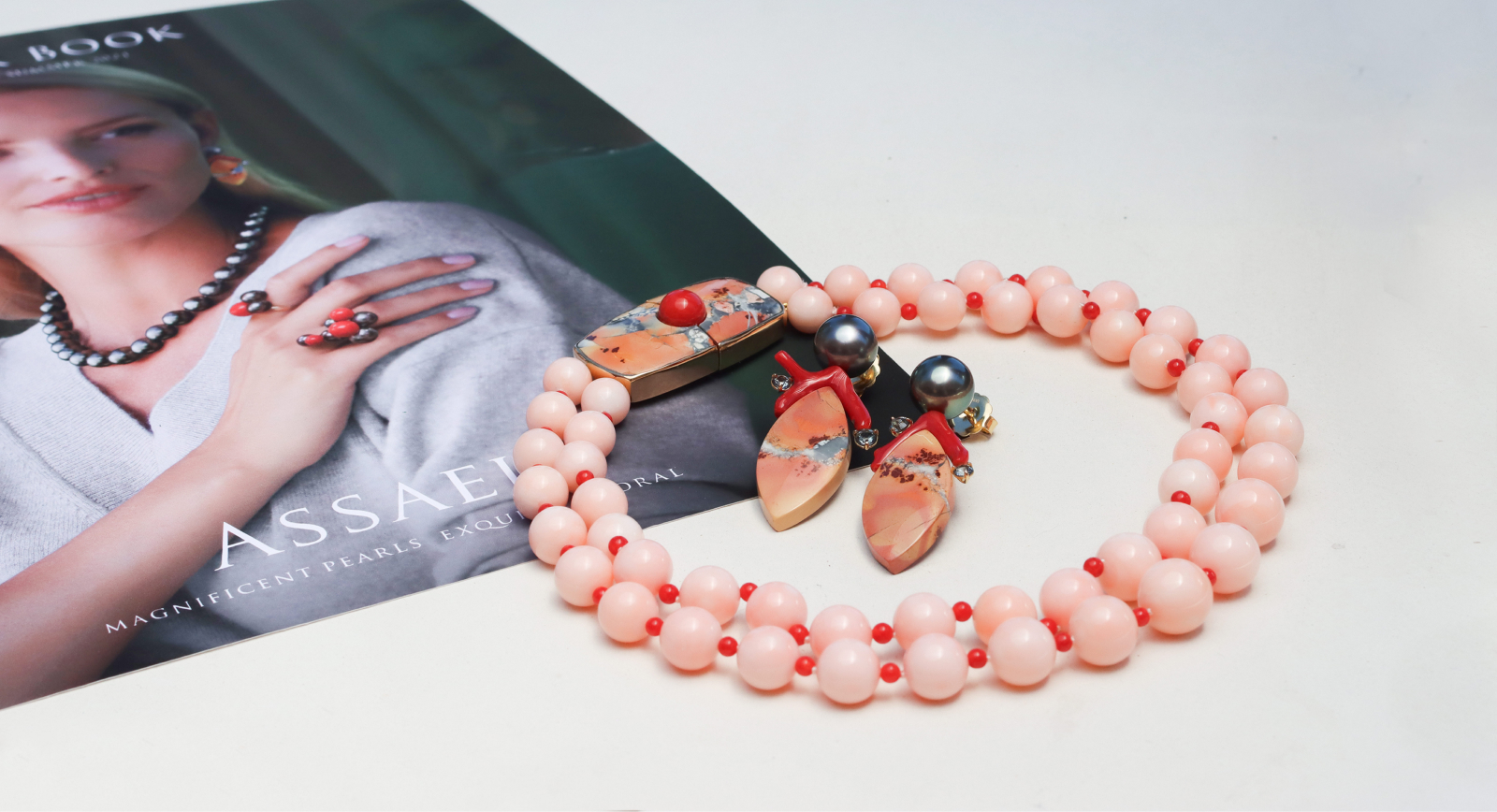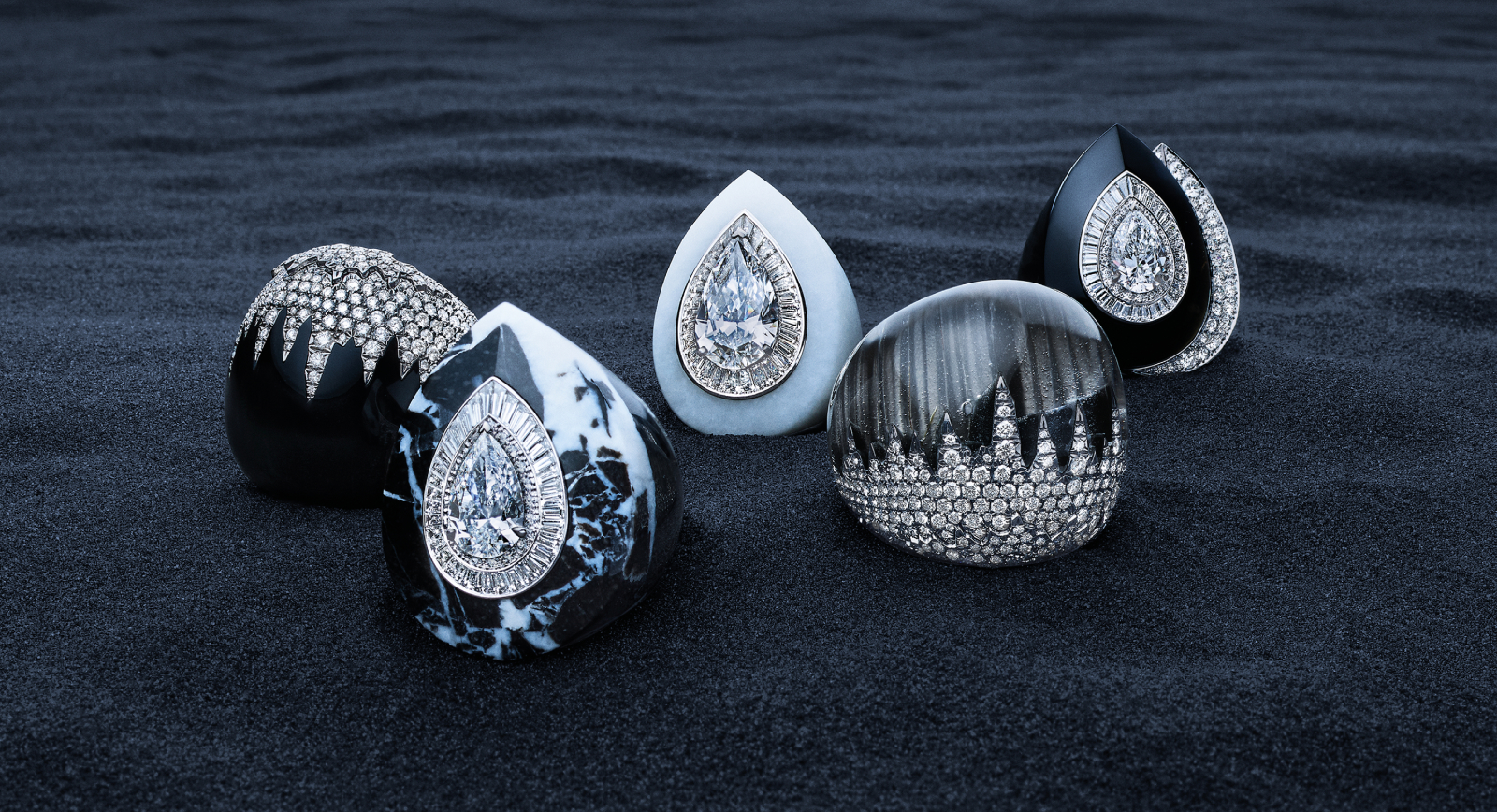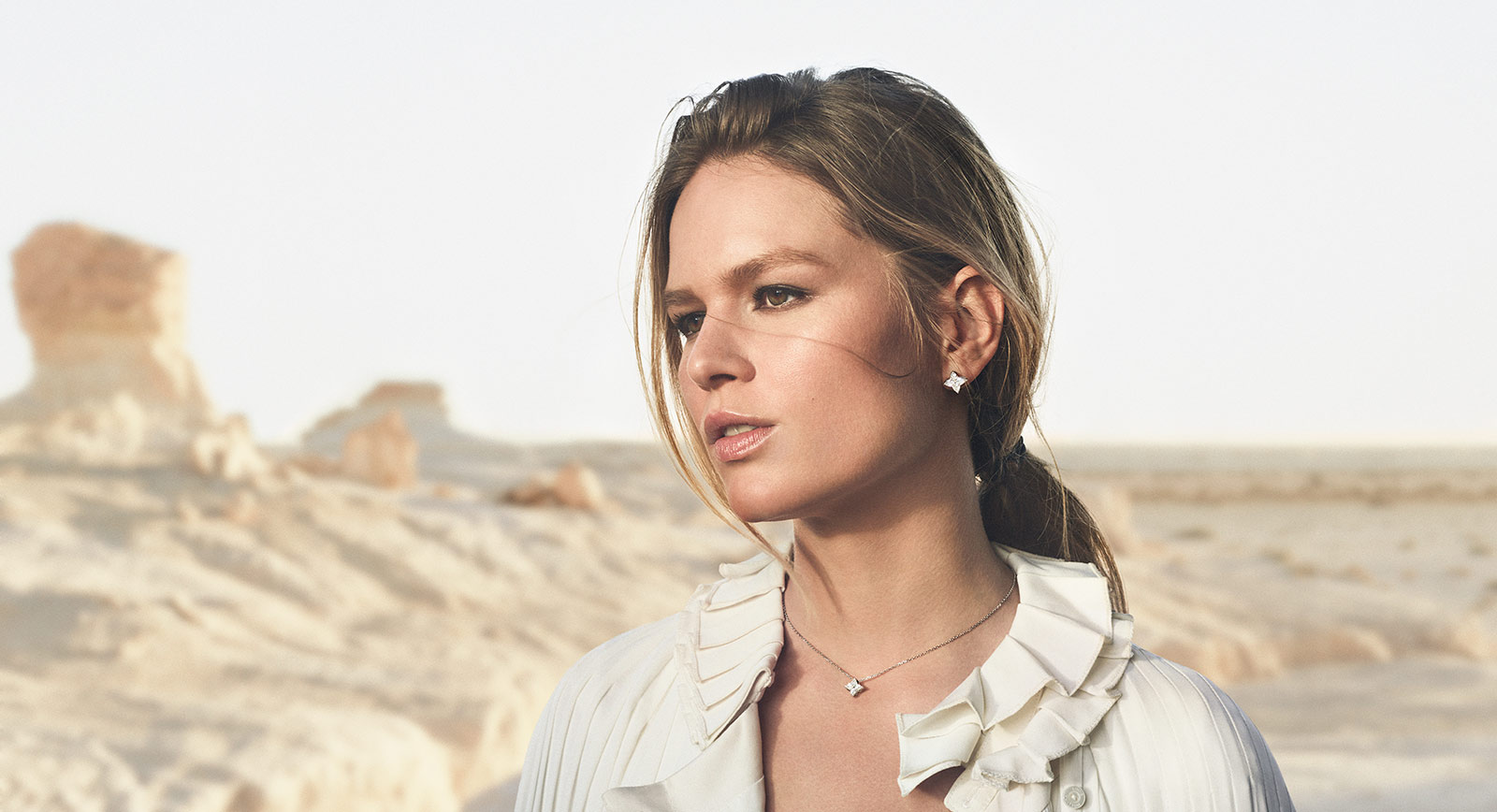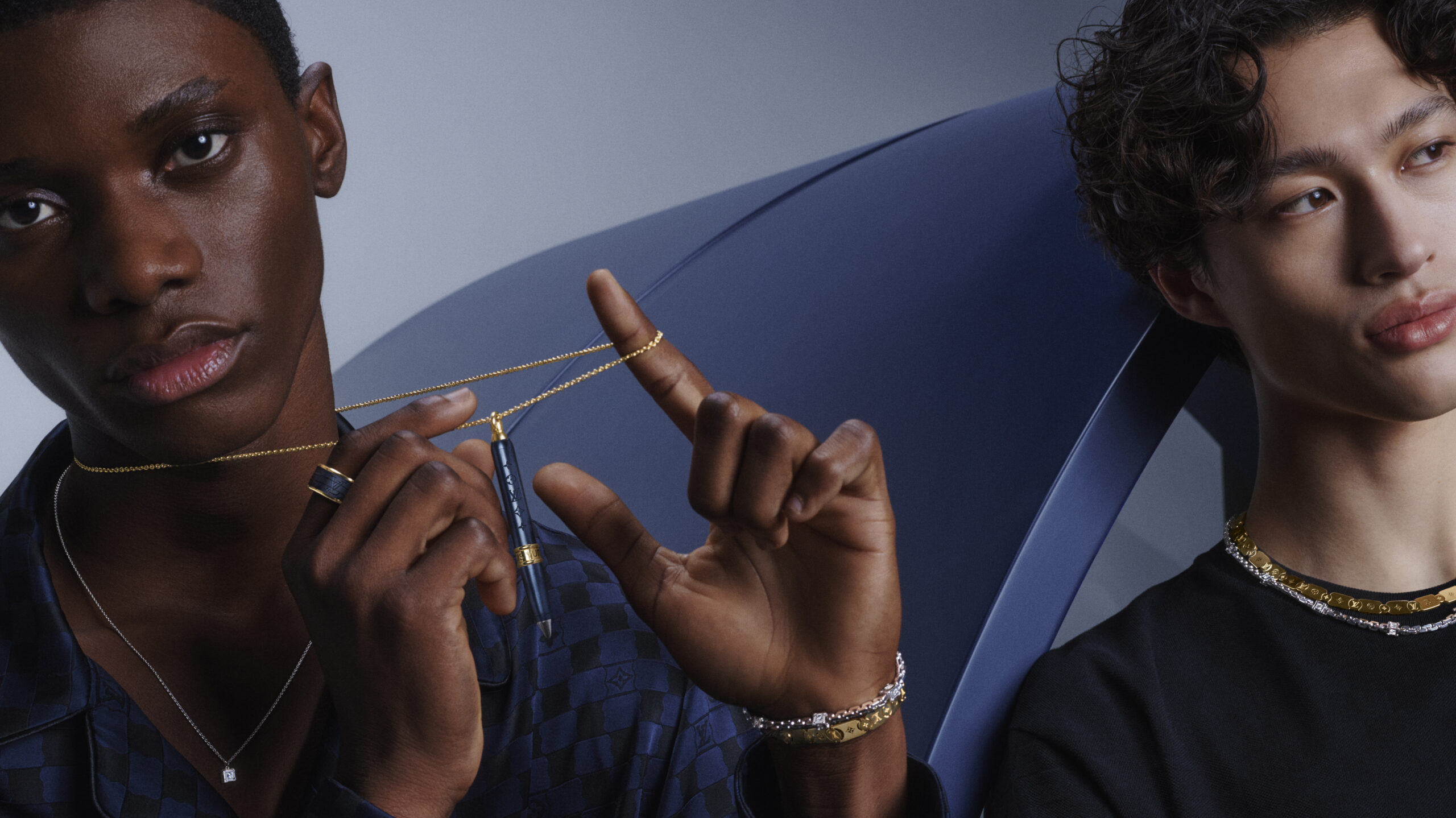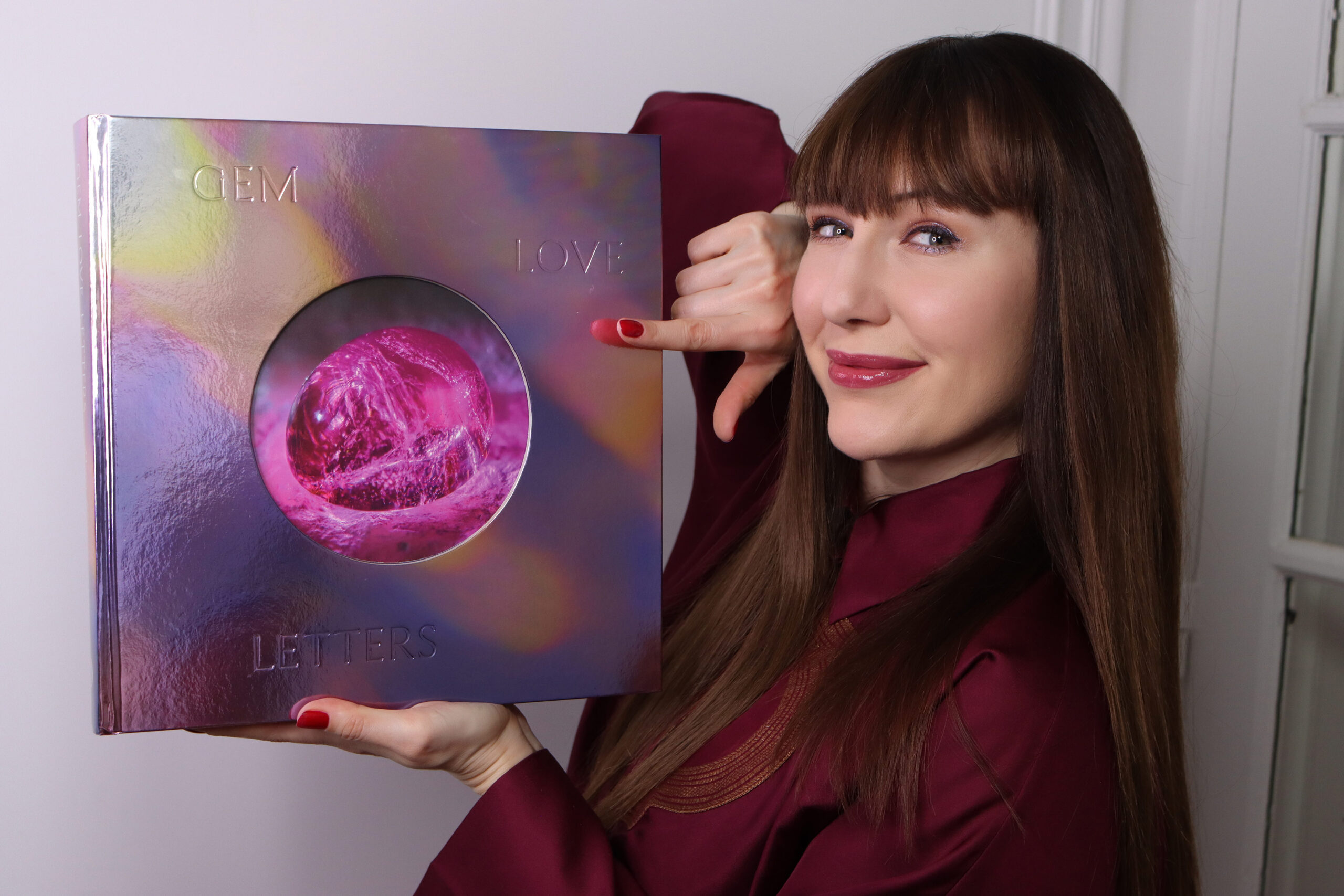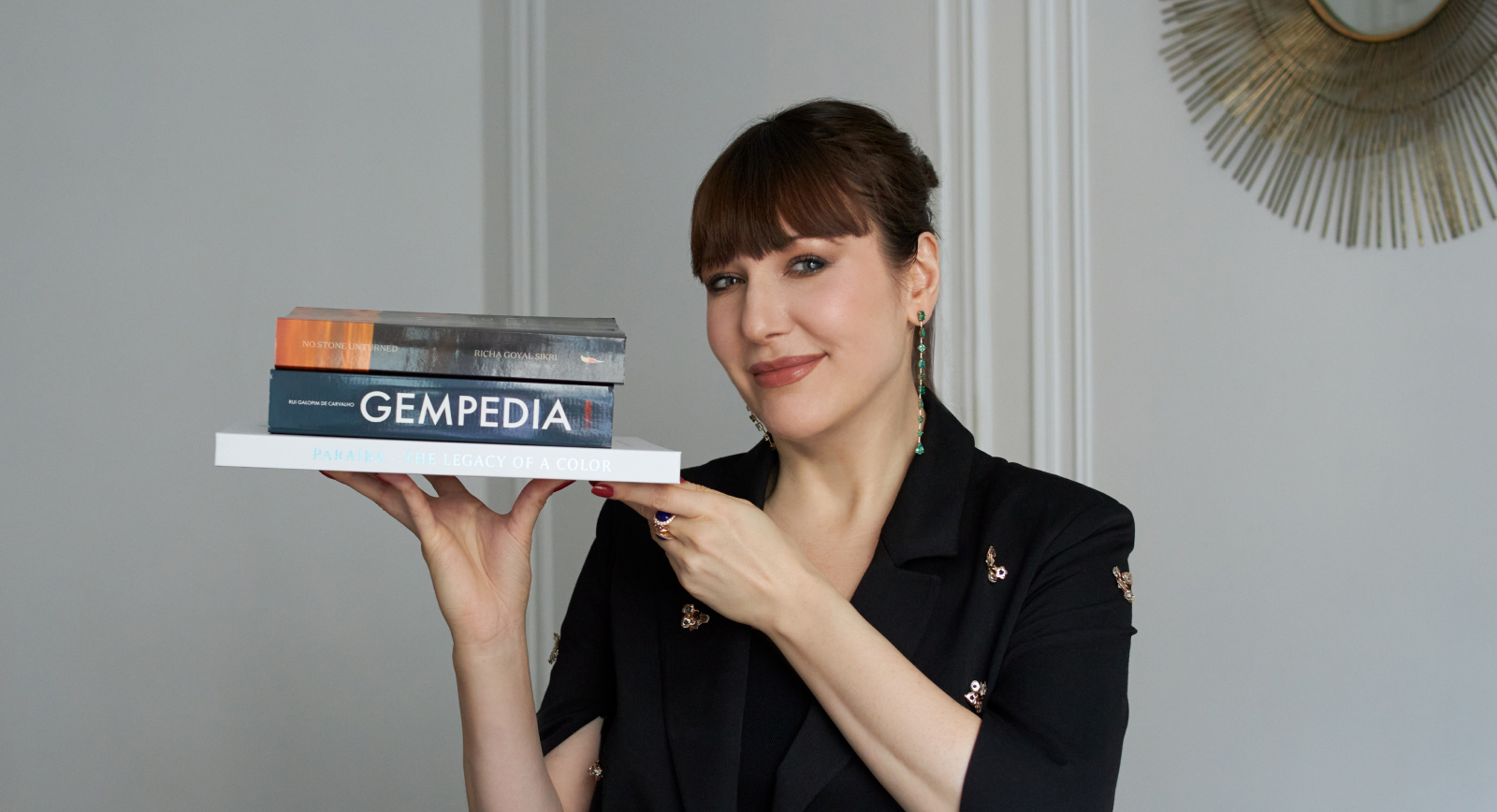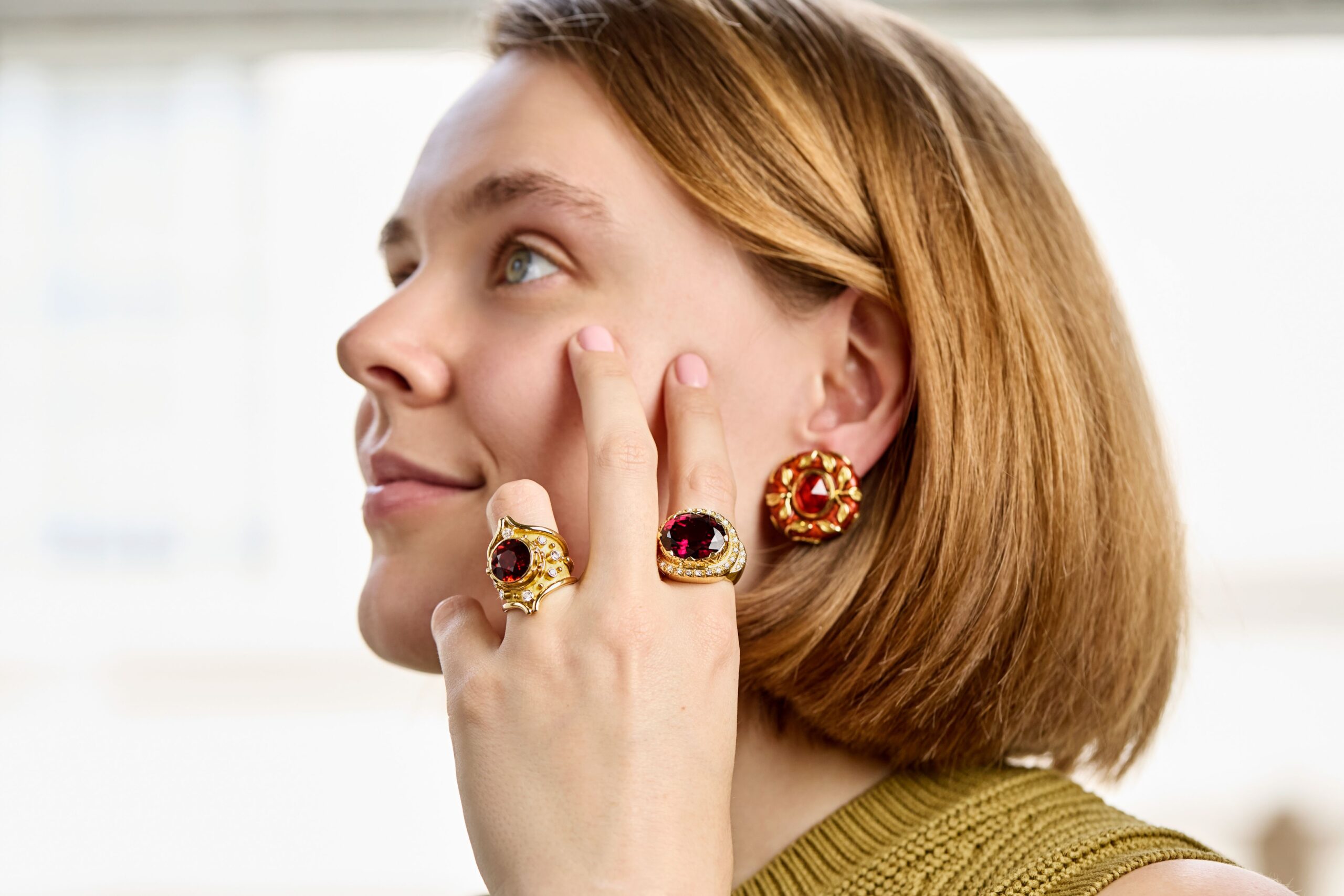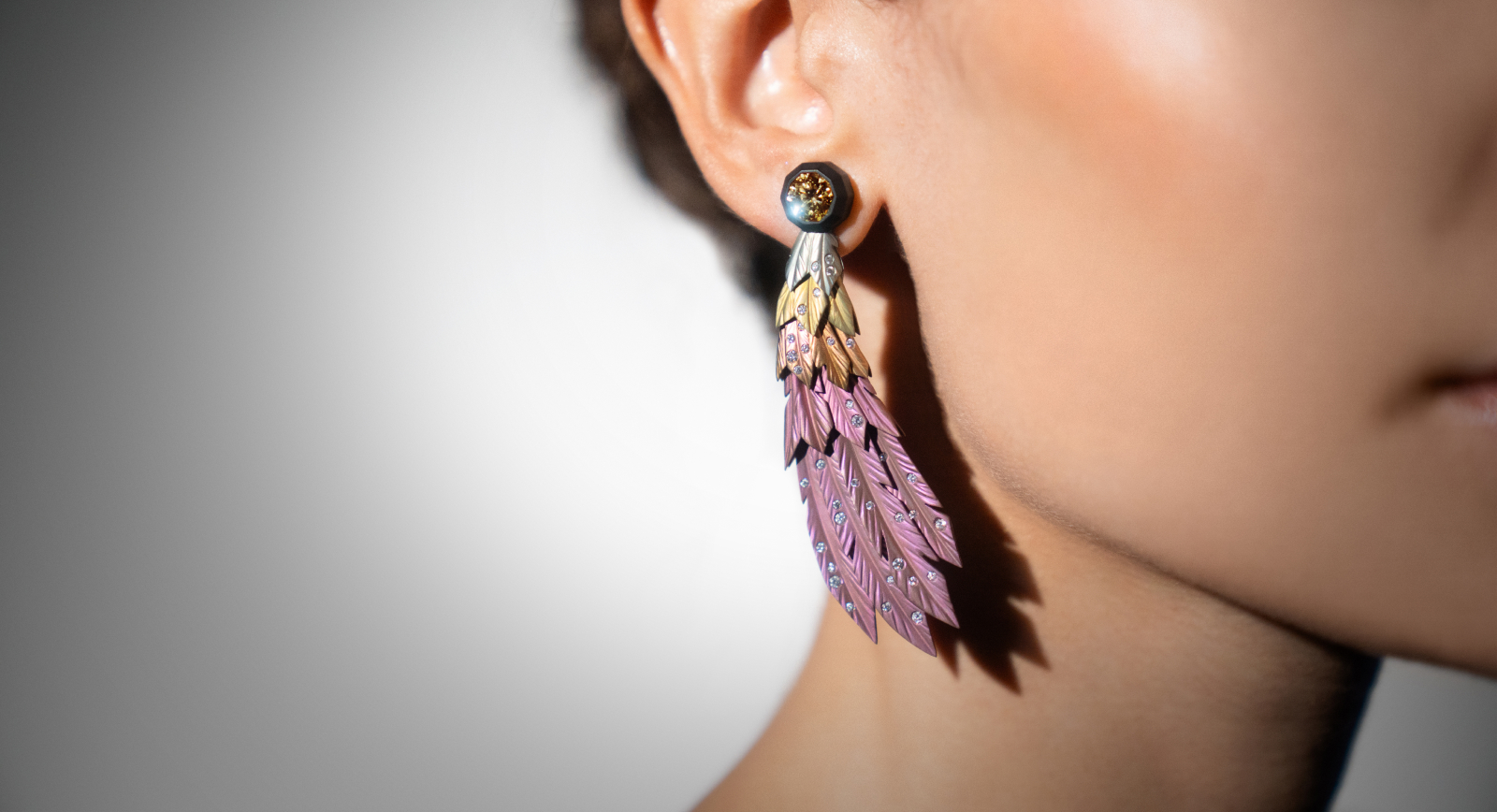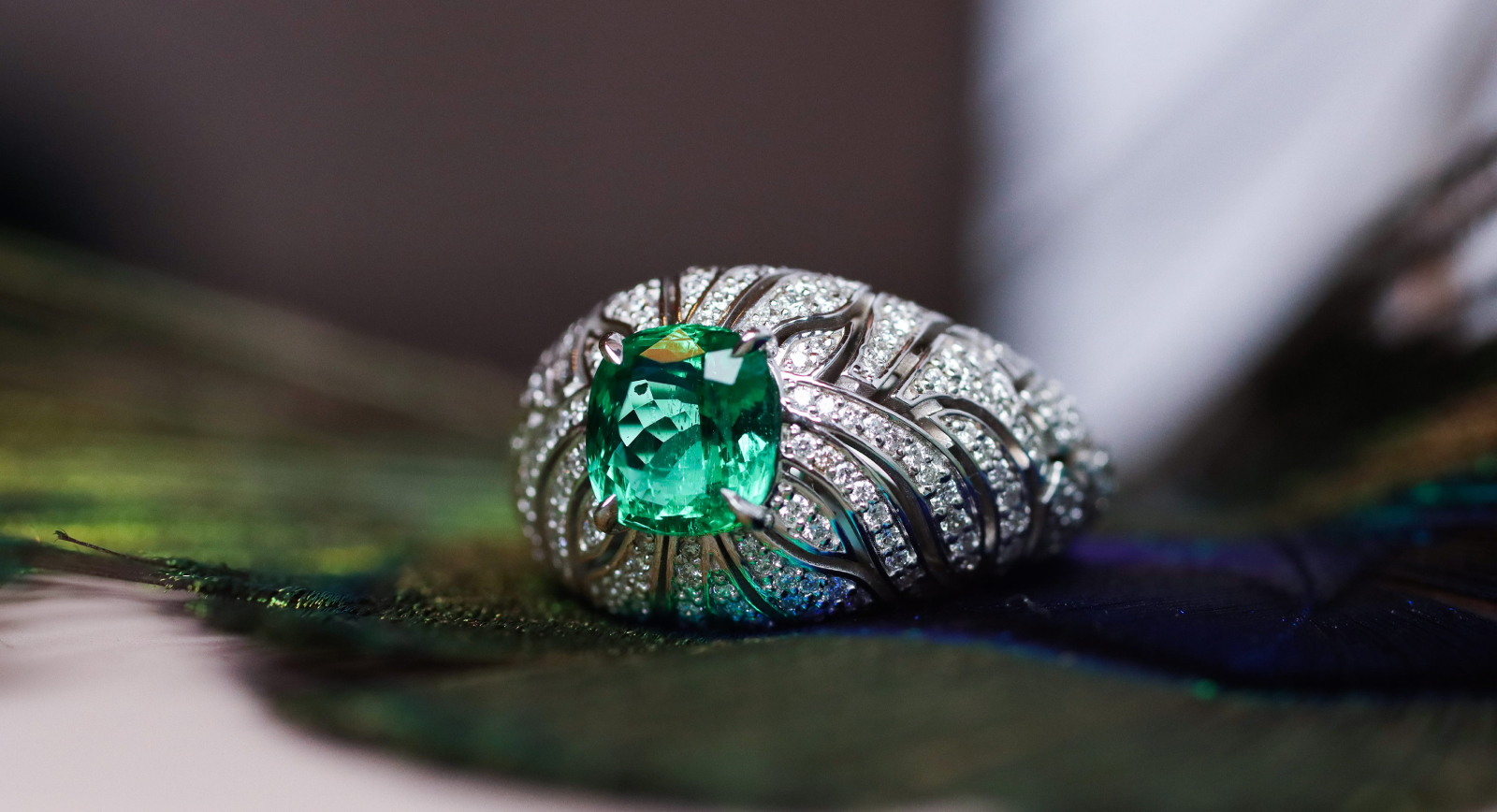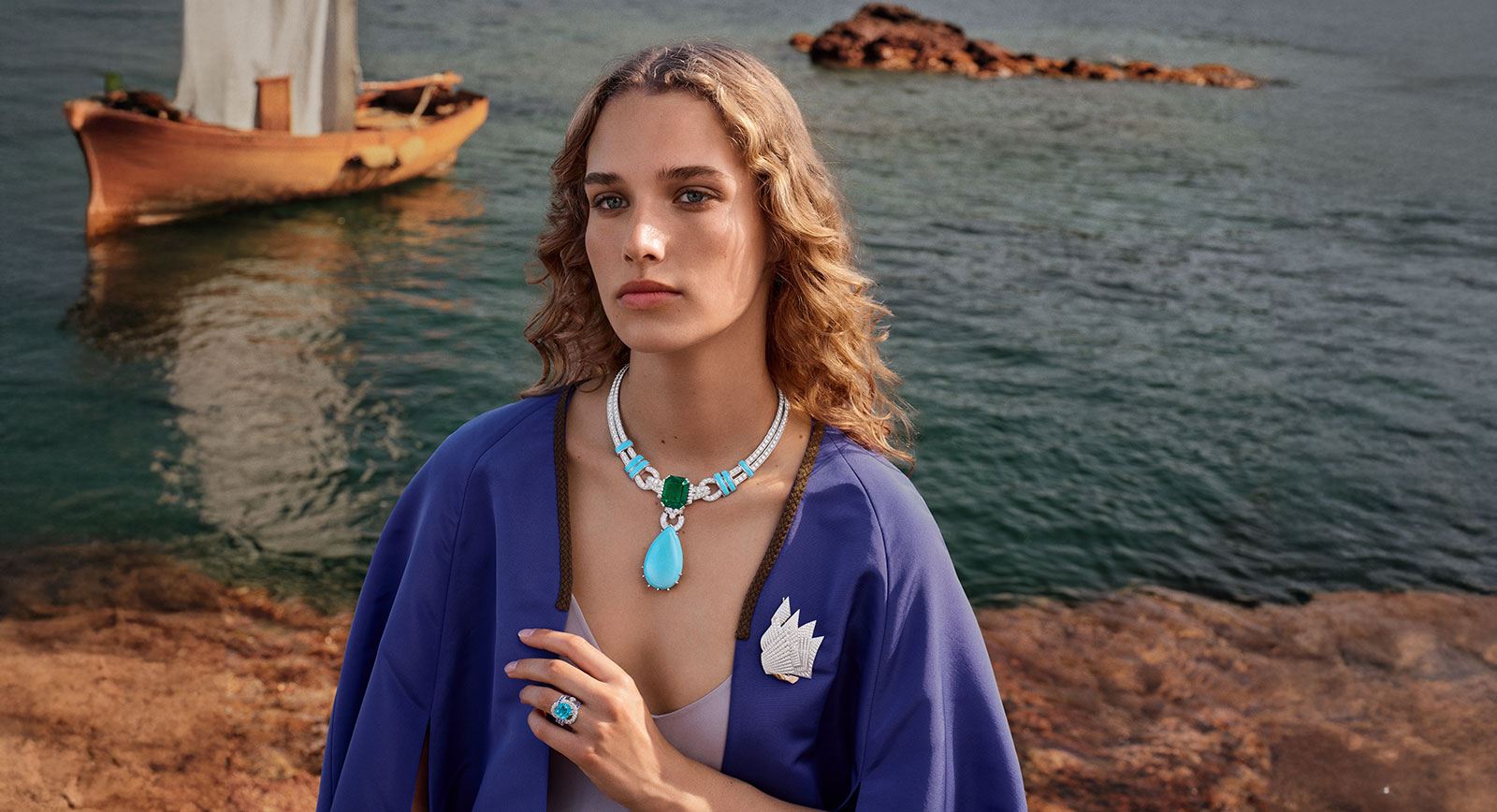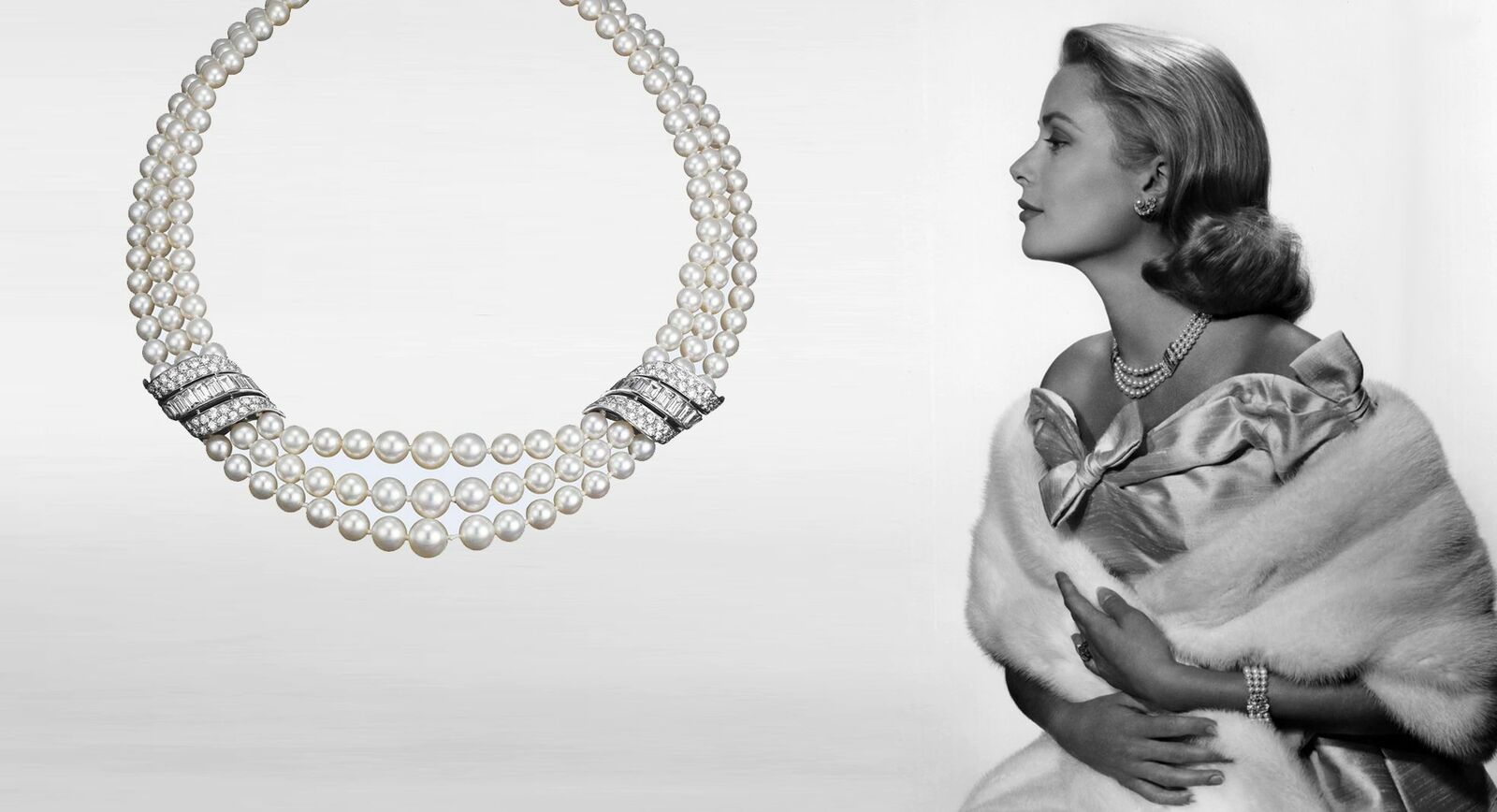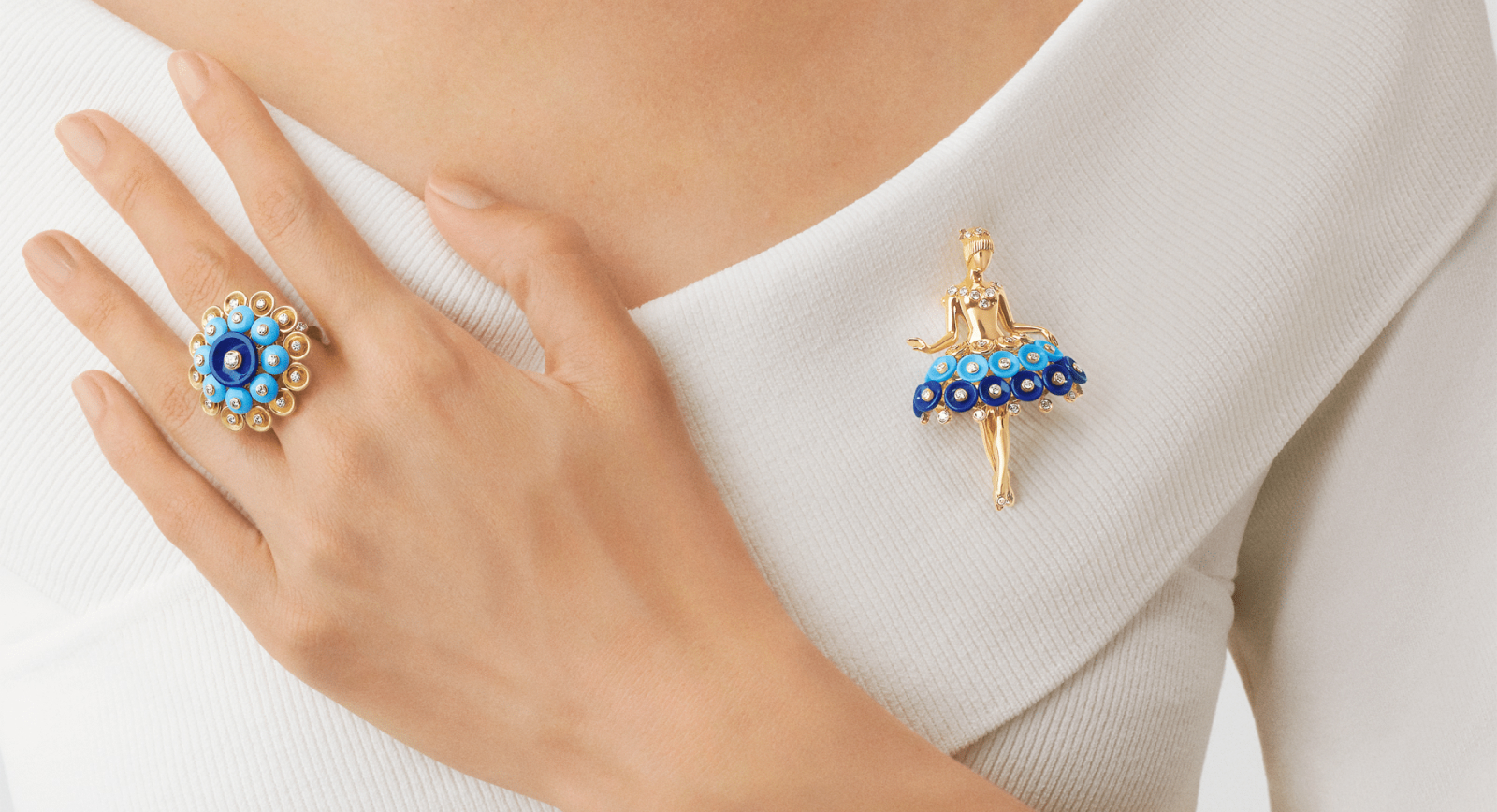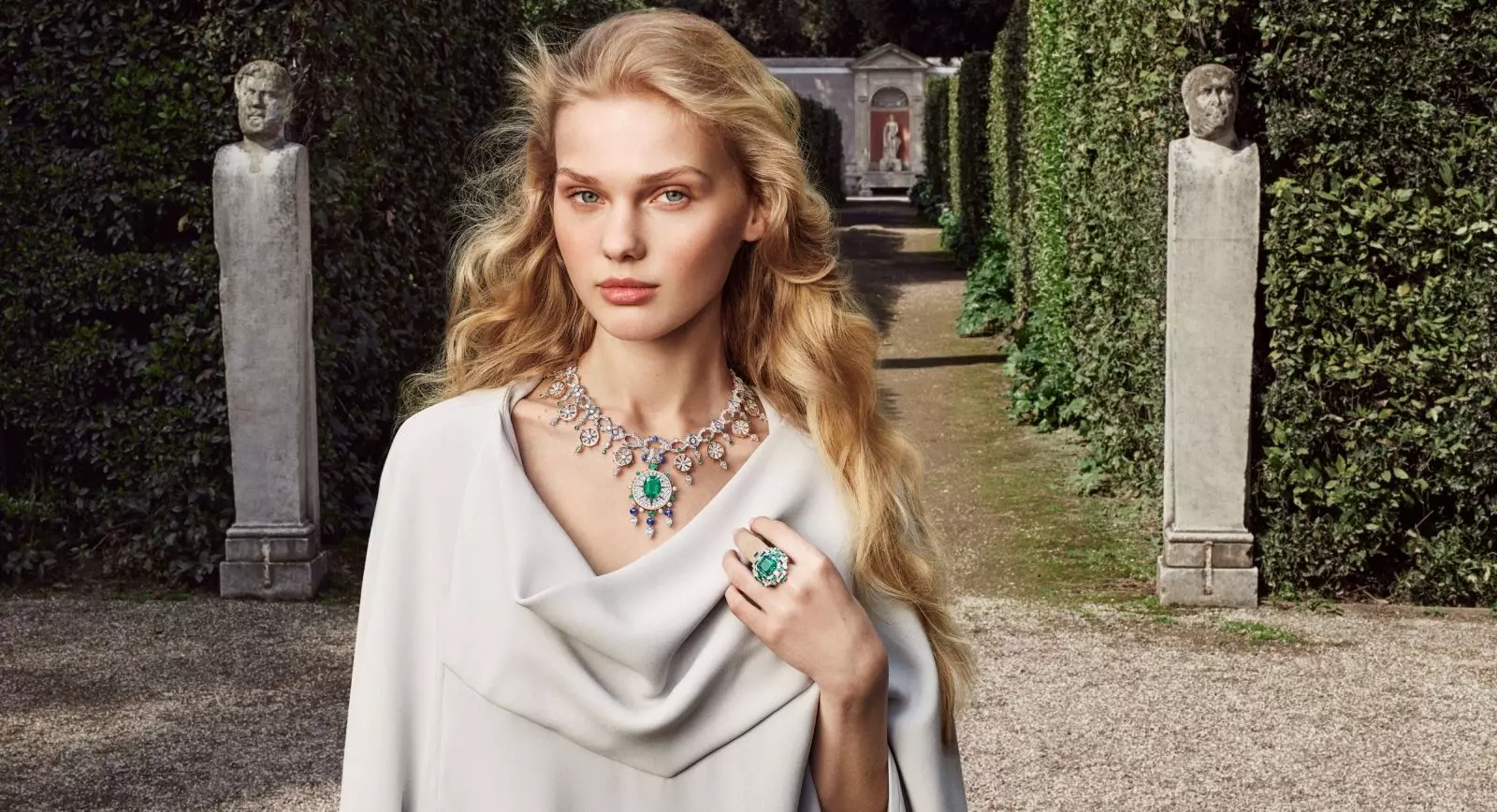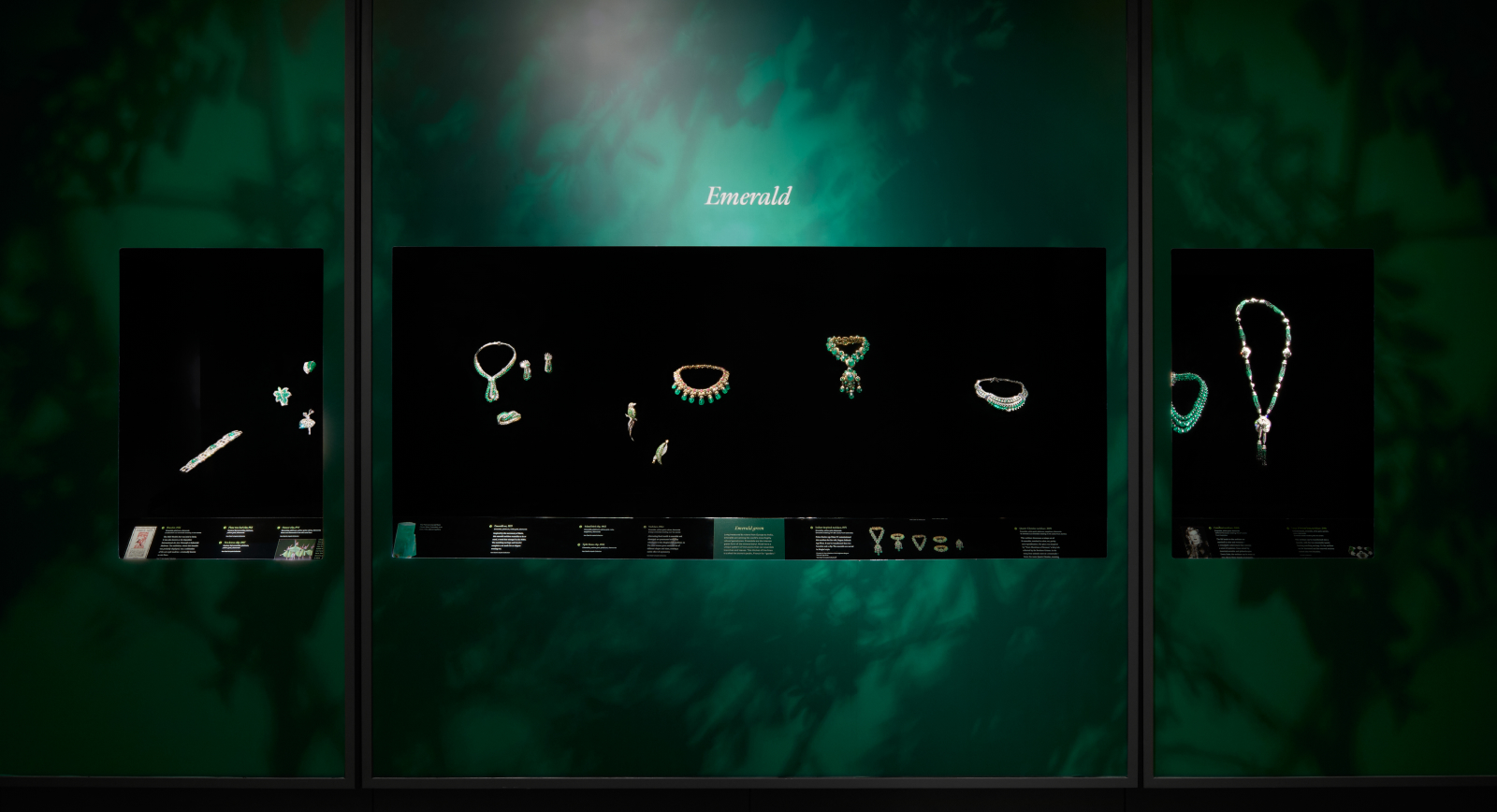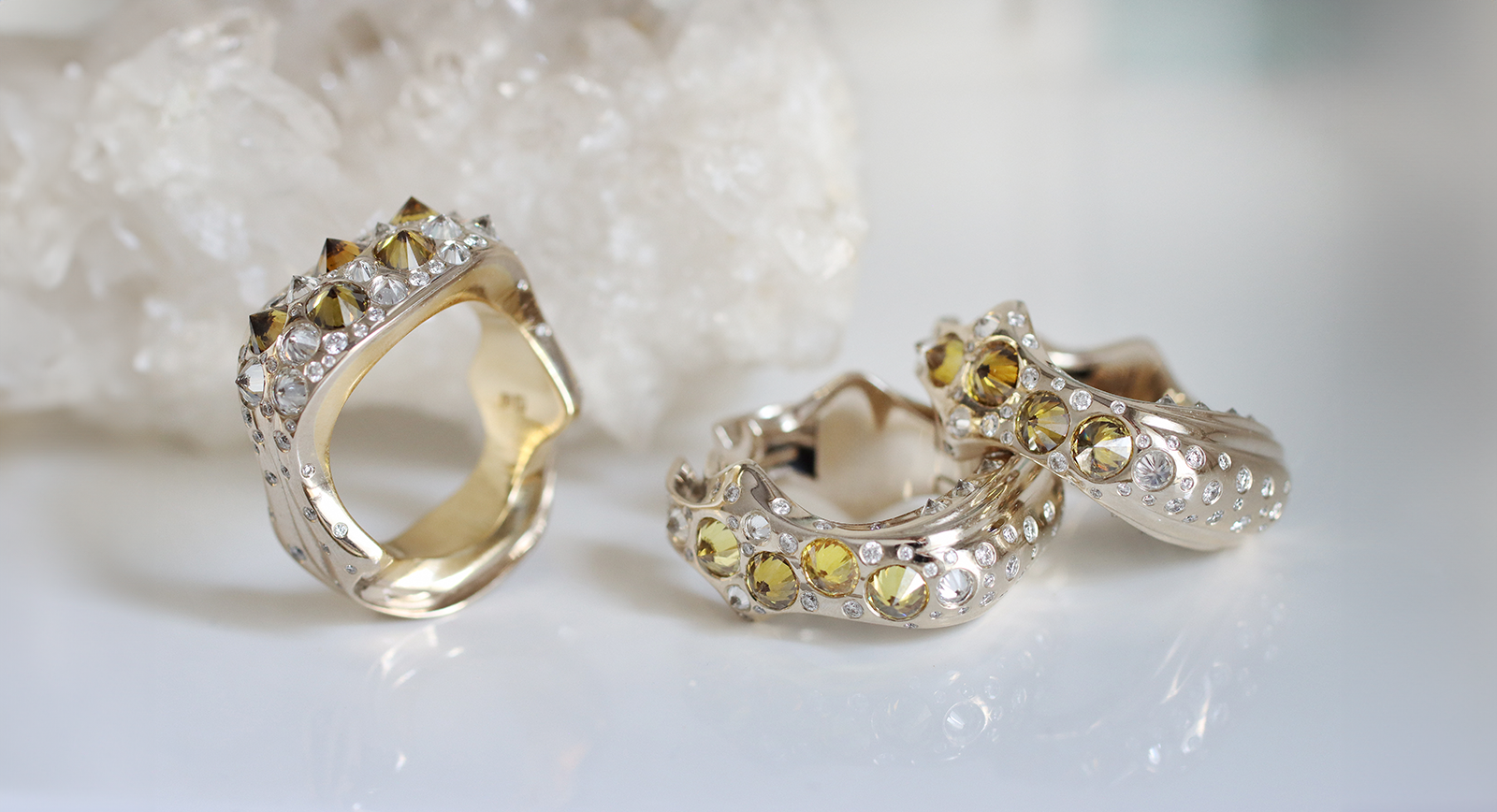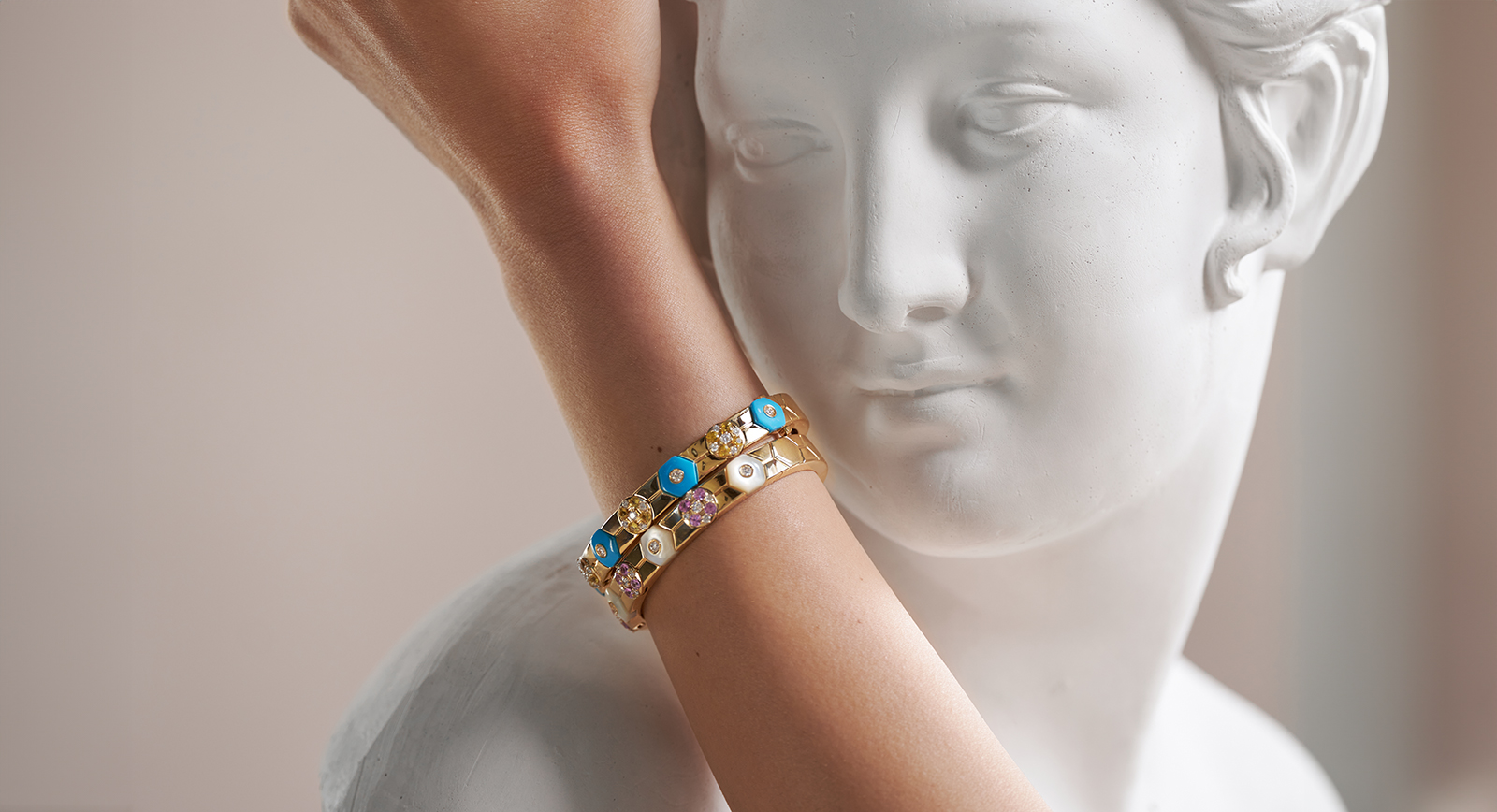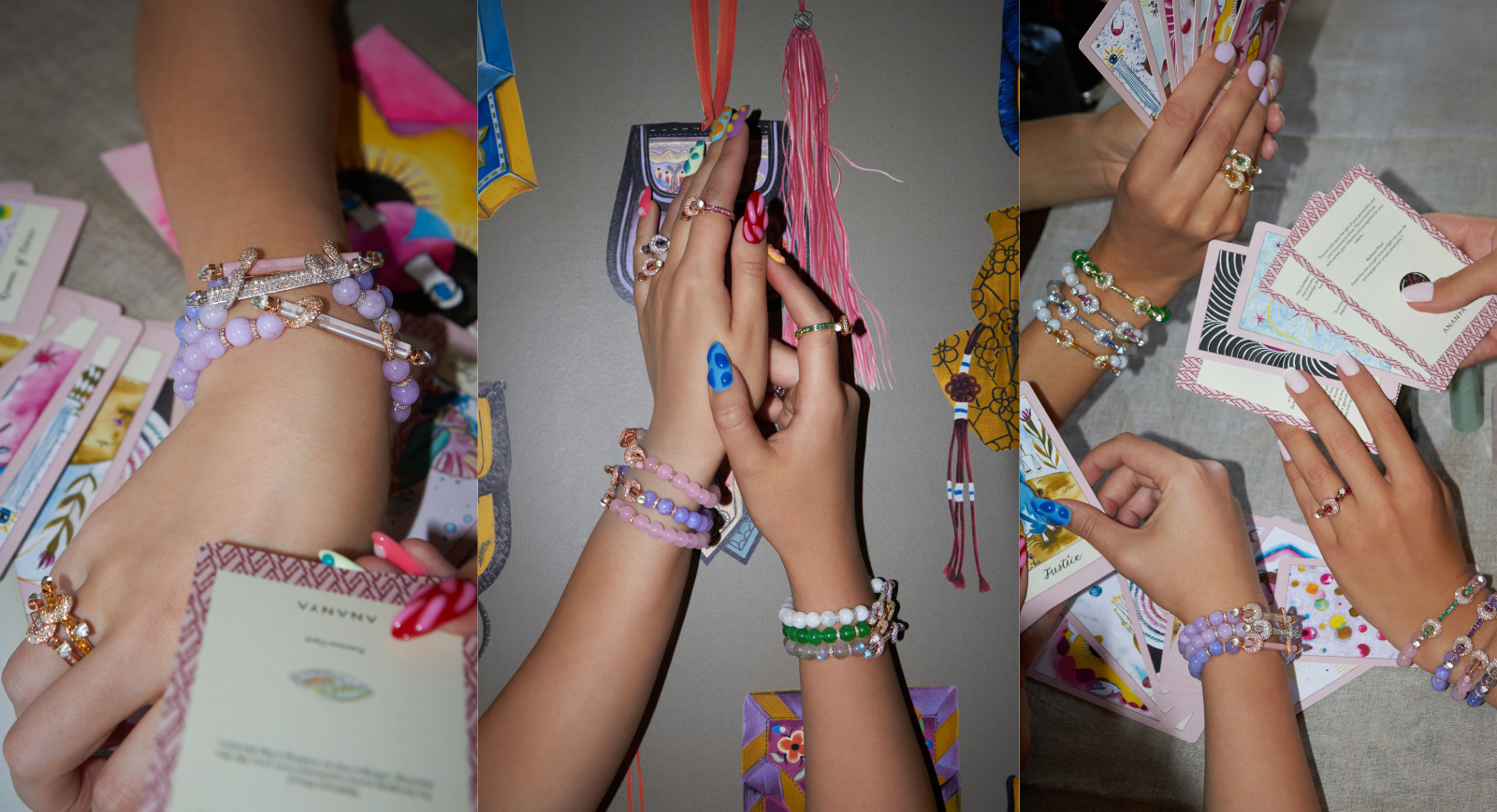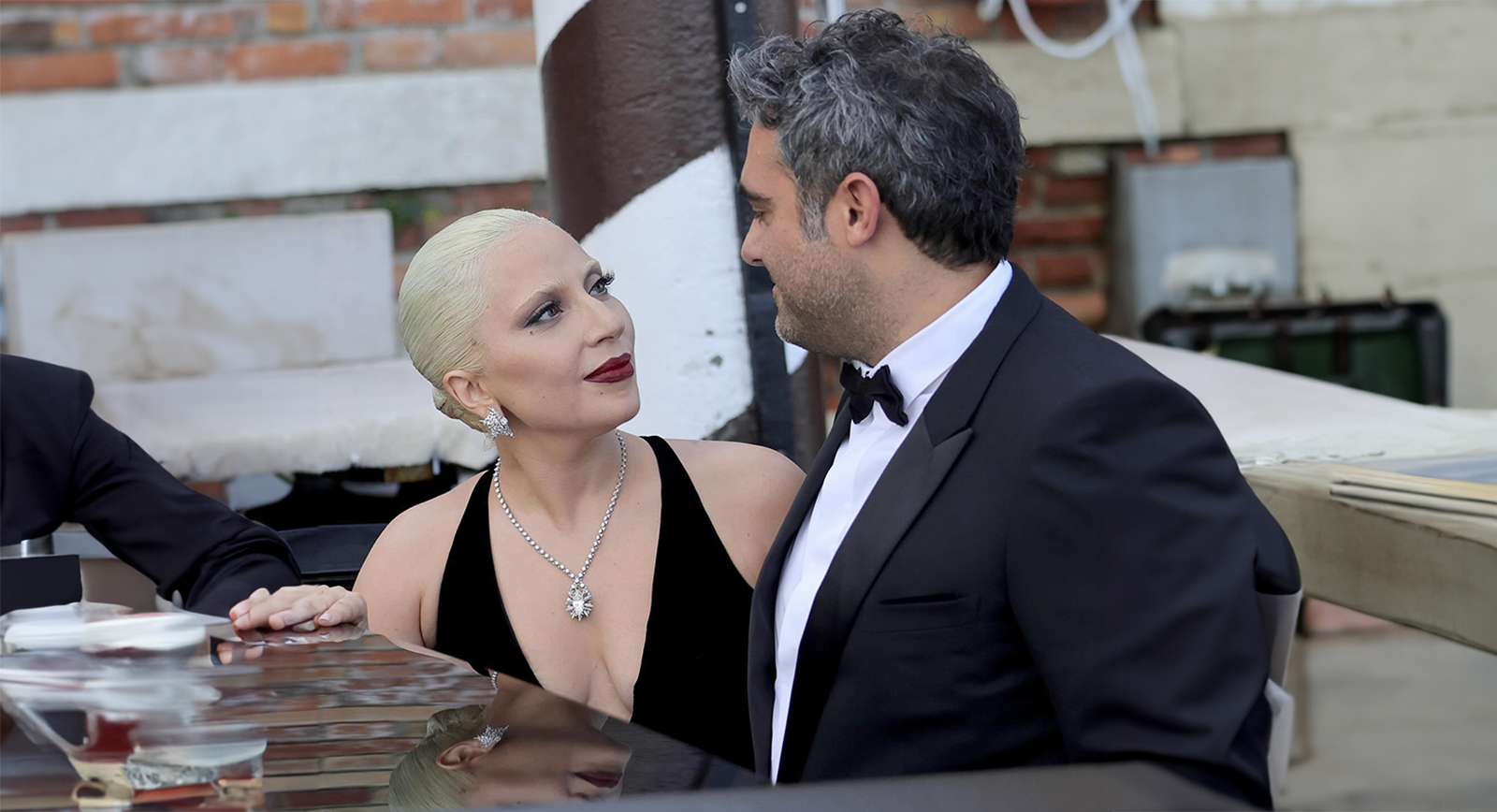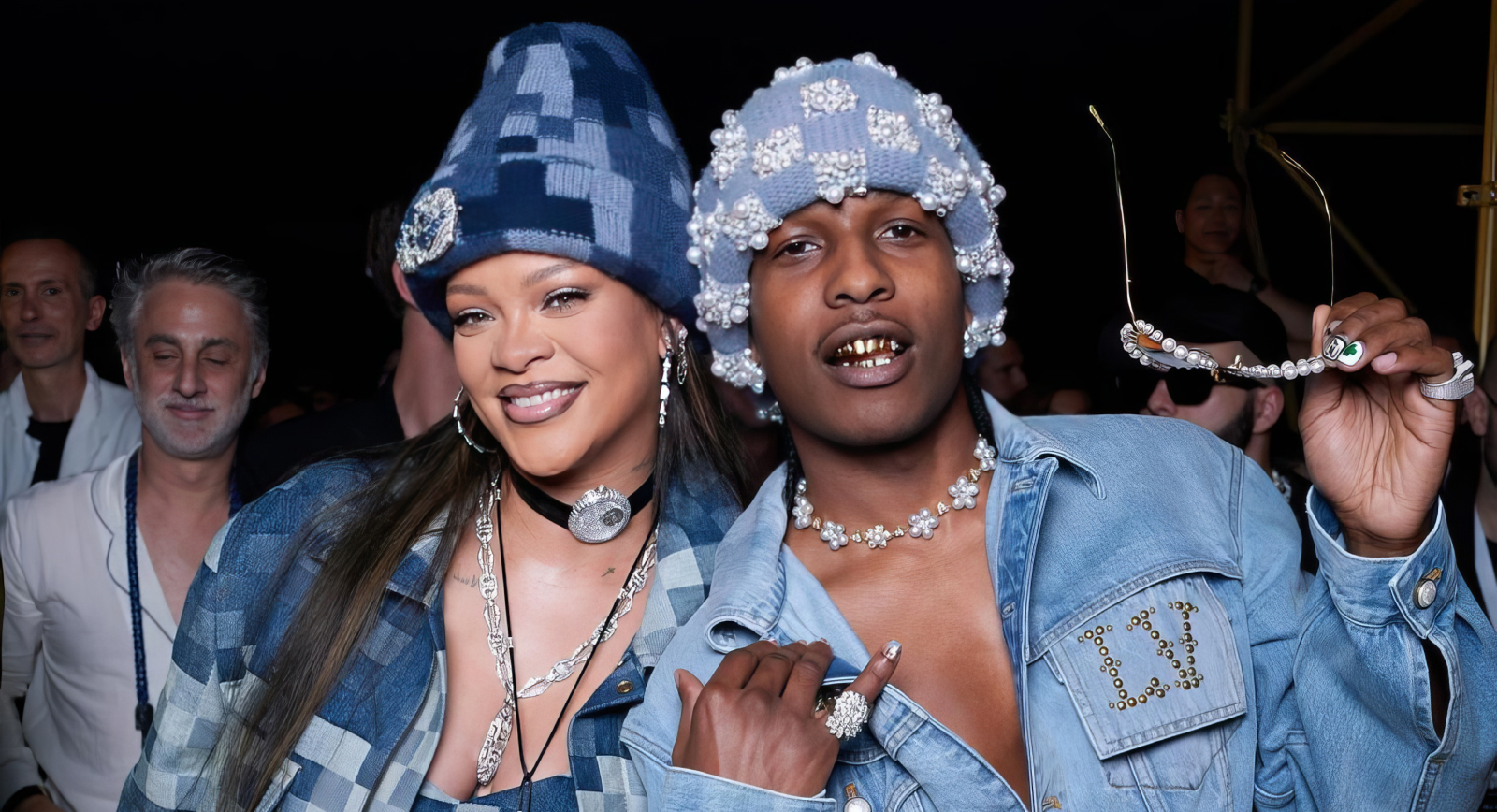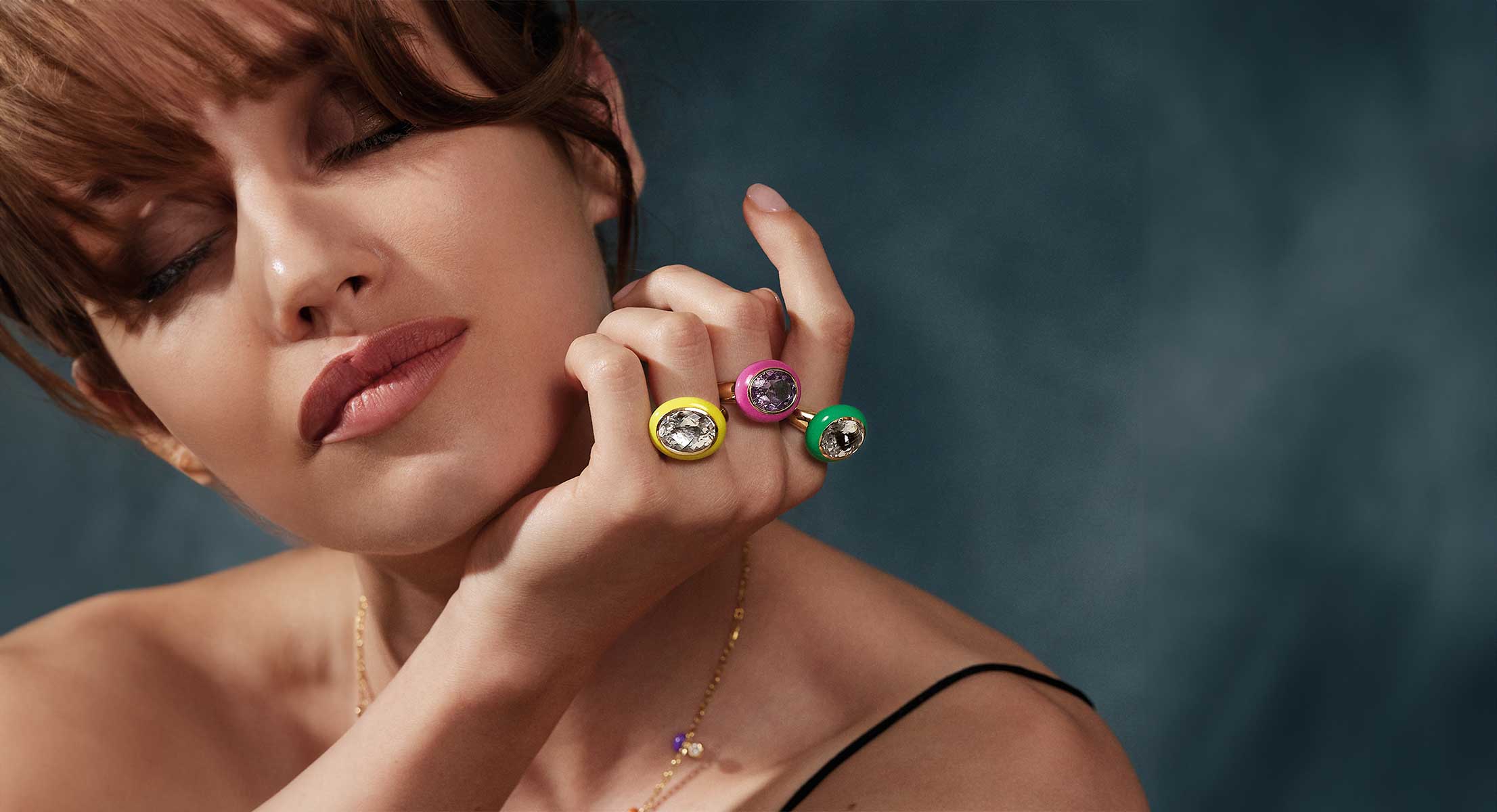
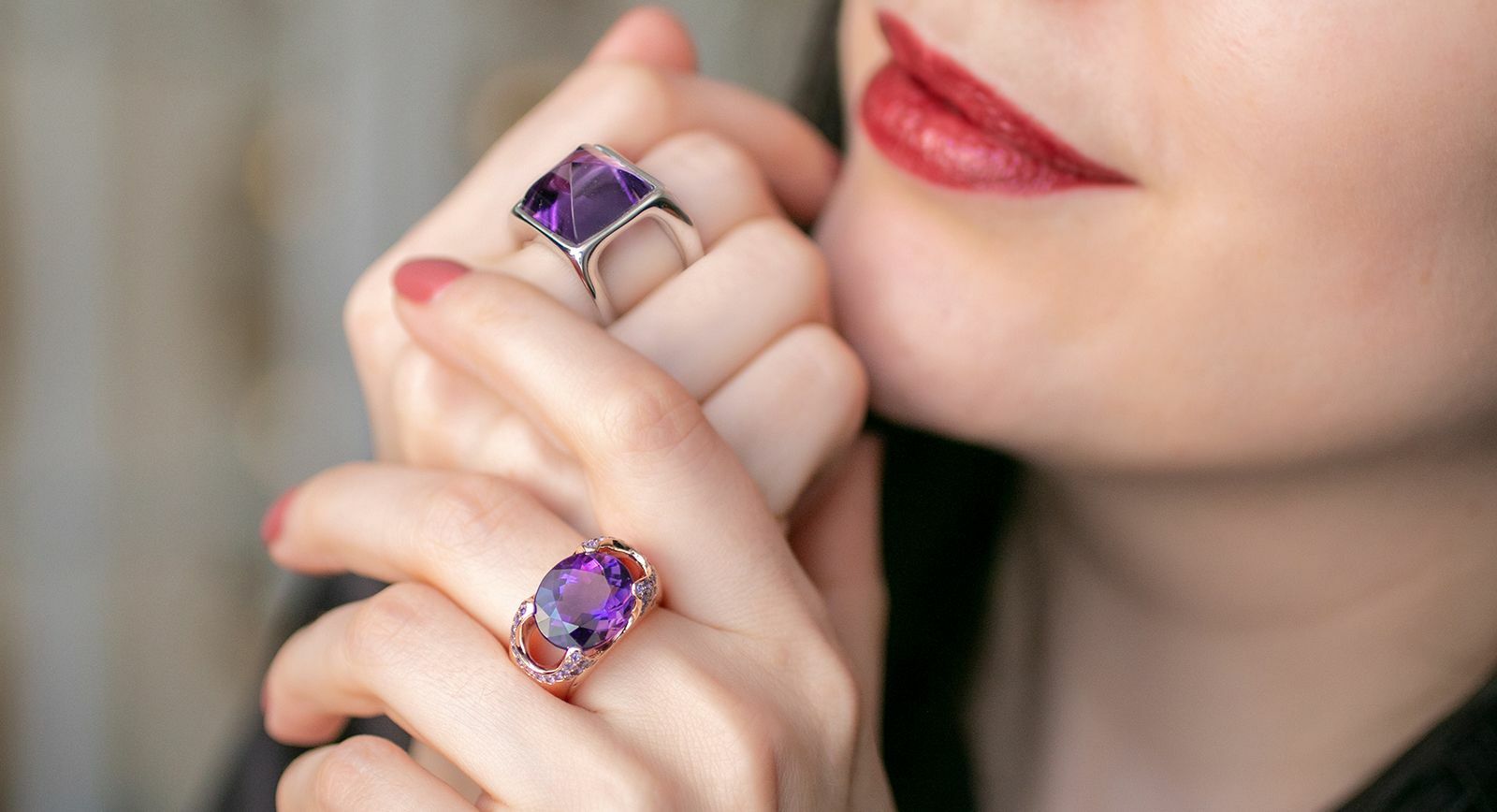
Amethyst: 10 Interesting Facts About February’s Birthstone
Amethyst is the gemstone recognised as a lucky charm for those who celebrate their birthday in February. Until the 18th century, this attractive purple stone was part of a family of gemstones considered as valuable as diamonds, emeralds, sapphires and rubies. But the discovery of Brazilian deposits by Spanish colonists changed the stone’s fortunes: the volume of the raw deposits mined was so large that the cost of amethysts was significantly reduced across the globe. What other interesting facts can be found in the biography of this mineral?
I remember learning various facts about gemstones in Gem-A gemmology classes, but they were all more scientific than fun and I personally had a hard time remembering them. Here I have tried to collate 10 facts that are related not so much to gemmology but to the beauty and interesting properties of the stone, facts that you could share with your friends – at the end of the article, you can click on the e-mail icon to share this article by e-mail. Here we go:
1. The origin of the name ‘Amethyst’ comes from an ancient myth about the nymph Amethys, with whom Dionysus, the god of wine and mirth, fell passionately in love. However, the beautiful nymph rejected the drunken god’s advances and when he began to pursue her, the goddess Artemis turned the nymph into a cold stone shimmering with a lilac sheen: an amethyst. Dionysus tried to revive the nymph by pouring wine over the stone, but it only turned more purple. Artemis gave the stone the ability to prevent intoxication, hence the literal translation of its name: “not drunk”.
2. The largest cut amethyst was mined in Brazil and weighs 401.52 carats. It was cut in the shape of an emerald and donated to the Smithsonian Museum in 2012. The museum website says: “It is a major upgrade for the Collection not only because of the size but also because of the superb colour, clarity and cut.”
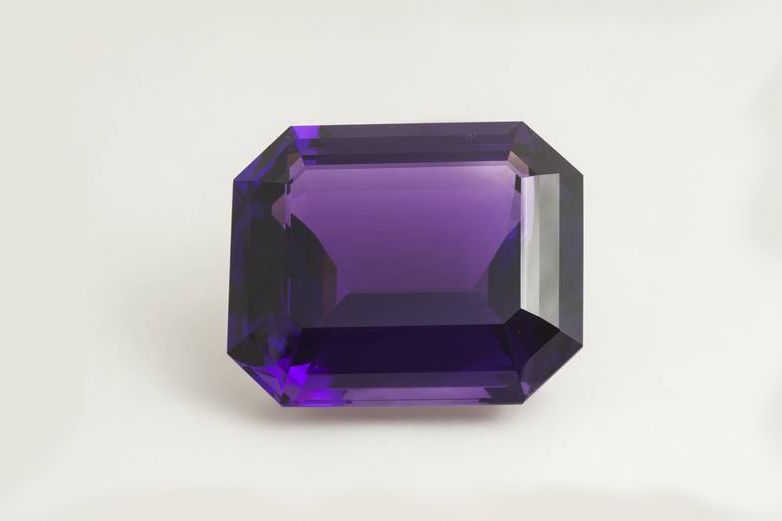
The largest cut amethyst weighing 401.52 carats, now on display at the Smithsonian Museum
3. Chinese legends about amethyst claim that an amethyst is the congealed saliva of a purple dragon.
4. The most valuable specimens are deep-coloured amethysts with a strong reddish-violet hue or dark purple without any colour zoning. That said, too deep a colour can appear black in dim lighting conditions, which reduces the value of the stone.
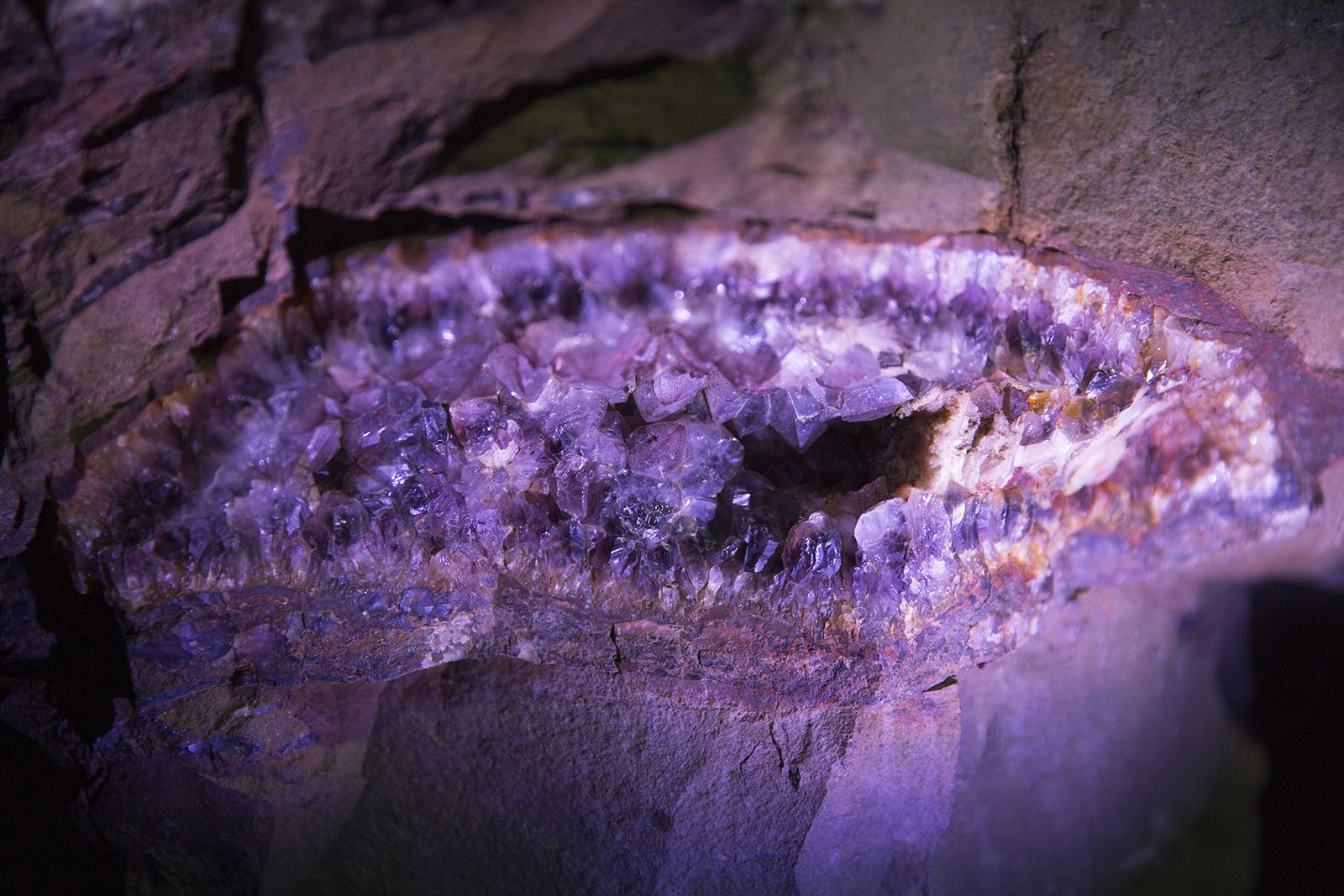
Amethyst at the Steinkaulenberg gemstone mine in Idar-Oberstein
5. Another popular amethyst colour is the pale pink or light lilac, known in the trade as “Rose de France”. They are most commonly found in Brazil but there are also significant deposits in Bolivia and Zambia.
6. One of the most famous historical pieces of amethyst jewellery is the necklace given by the Duke of Windsor to the Duchess of Windsor, Wallis Simpson, in 1947. It was made by Cartier using diamonds and amethysts provided by the client himself and complemented by turquoise.
7. The quality of an amethyst directly depends on the depth of the mineral: the deeper the deposit, the higher the quality of its characteristics.
8. These purple precious stones have formerly been an indicator of wealth and high status for centuries, worn by some of the most eminent people and members of the elite. Ural amethysts were one of the favourite stones of Catherine the Great, and the last queen of Egypt, Cleopatra, wore an amethyst ring throughout her relationships with Julius Caesar and Mark Antony, after which love for this richly coloured gemstone spread among members of the Roman nobility.
9. One of the largest amethysts to feature in a piece of jewellery is the 210.6-carat fancy-cut stone in the Lydia Courteille bracelet from the Homage to Surrealism collection.
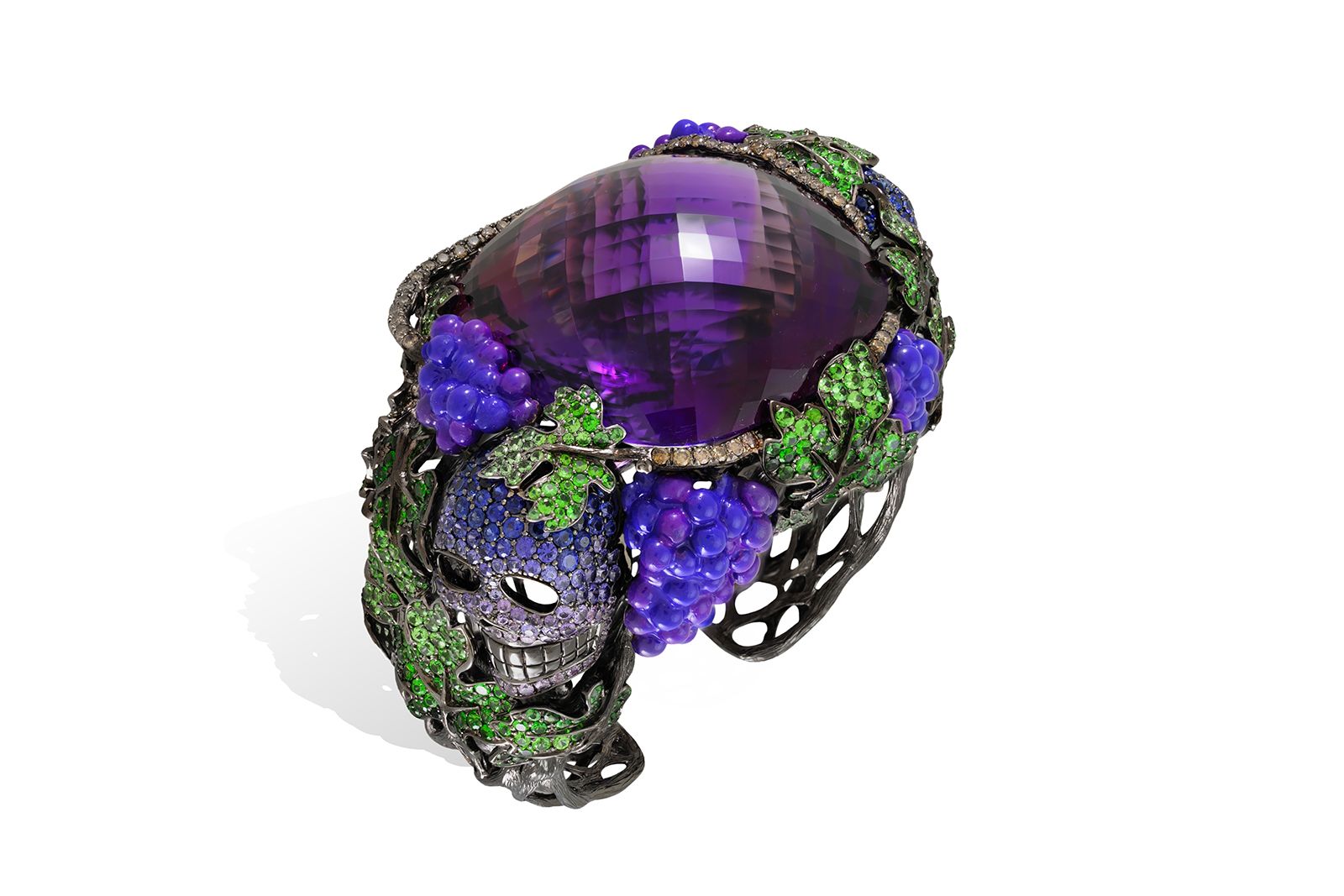
Lydia Courteille bracelet set with a 210.6 carat fancy-cut amethyst from the Homage to Surrealism collection
10. If exposed to the sun for too long, amethysts burn out. Within a century, an amethyst’s colour can fade by as much as 80% so it is worth remembering that it is better to store an amethyst in a box protected from light; this is the key to its durability.
And now I suggest you take a look at this gallery of modern amethyst jewellery created in a completely different style. Despite the fact this stone is no longer classified as precious, jewellery lovers have yet to lose interest in it since there aren’t many minerals that can boast of such an attractive purple colour and transparency
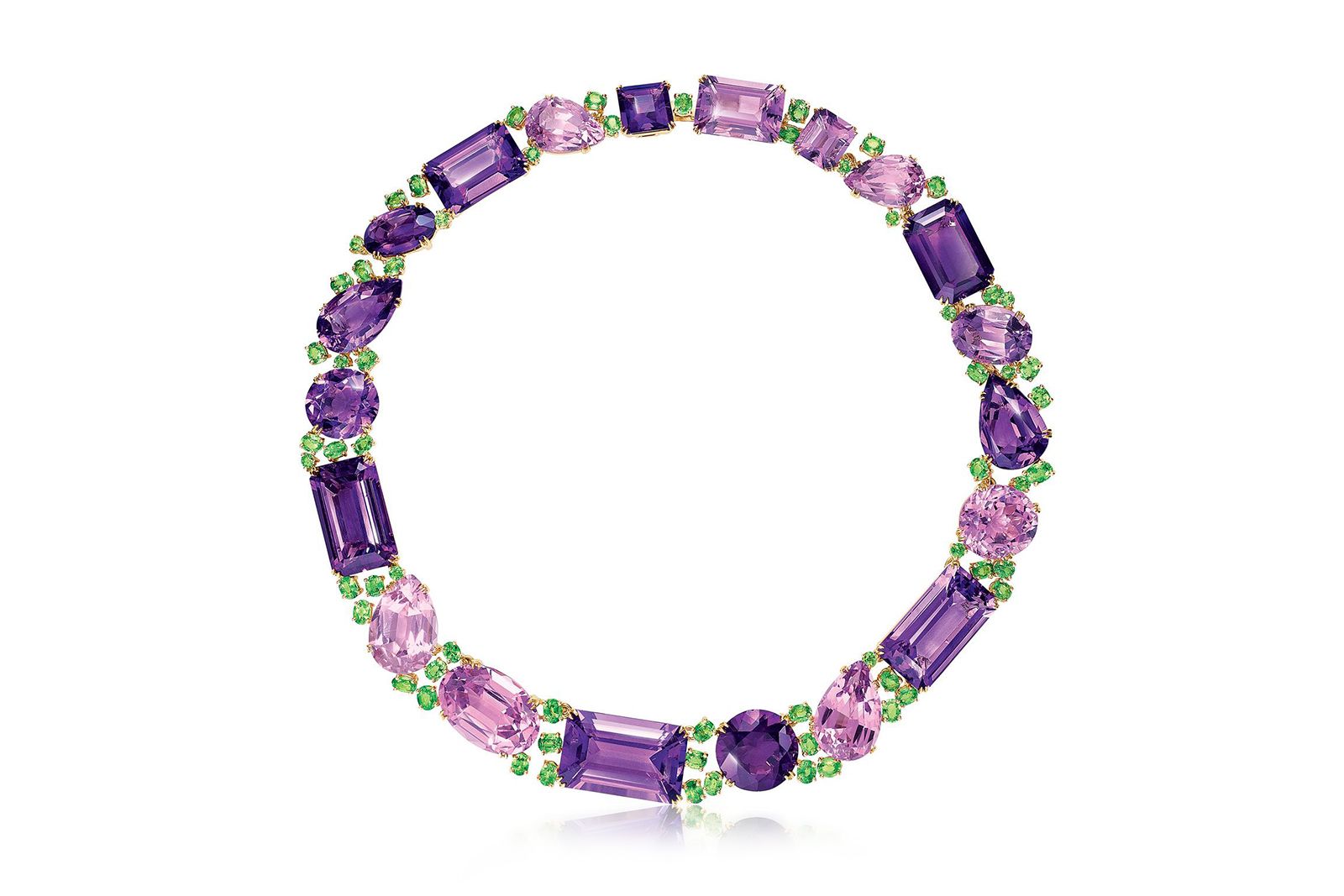
Verdura
Verdura
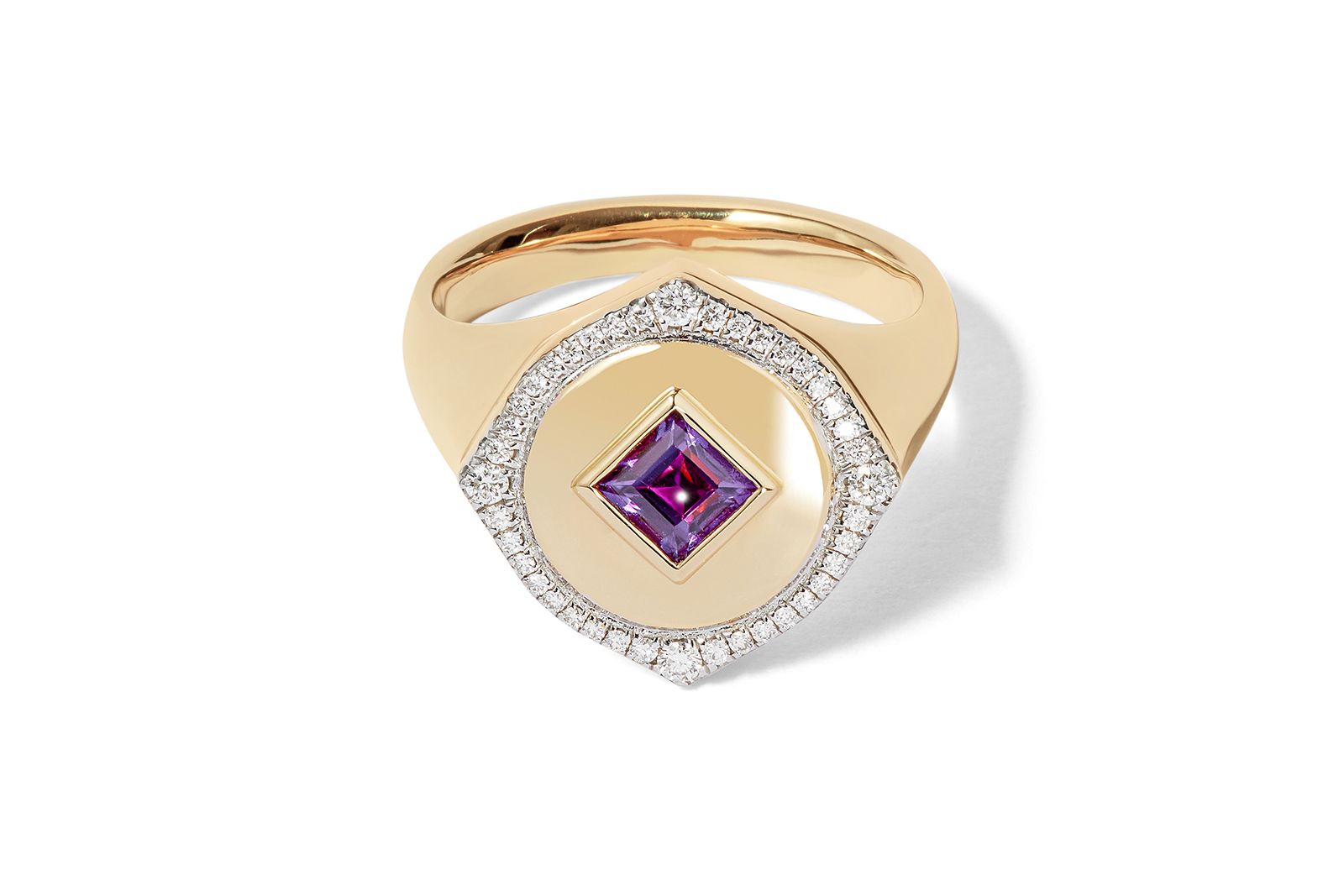
Annoushka
Annoushka
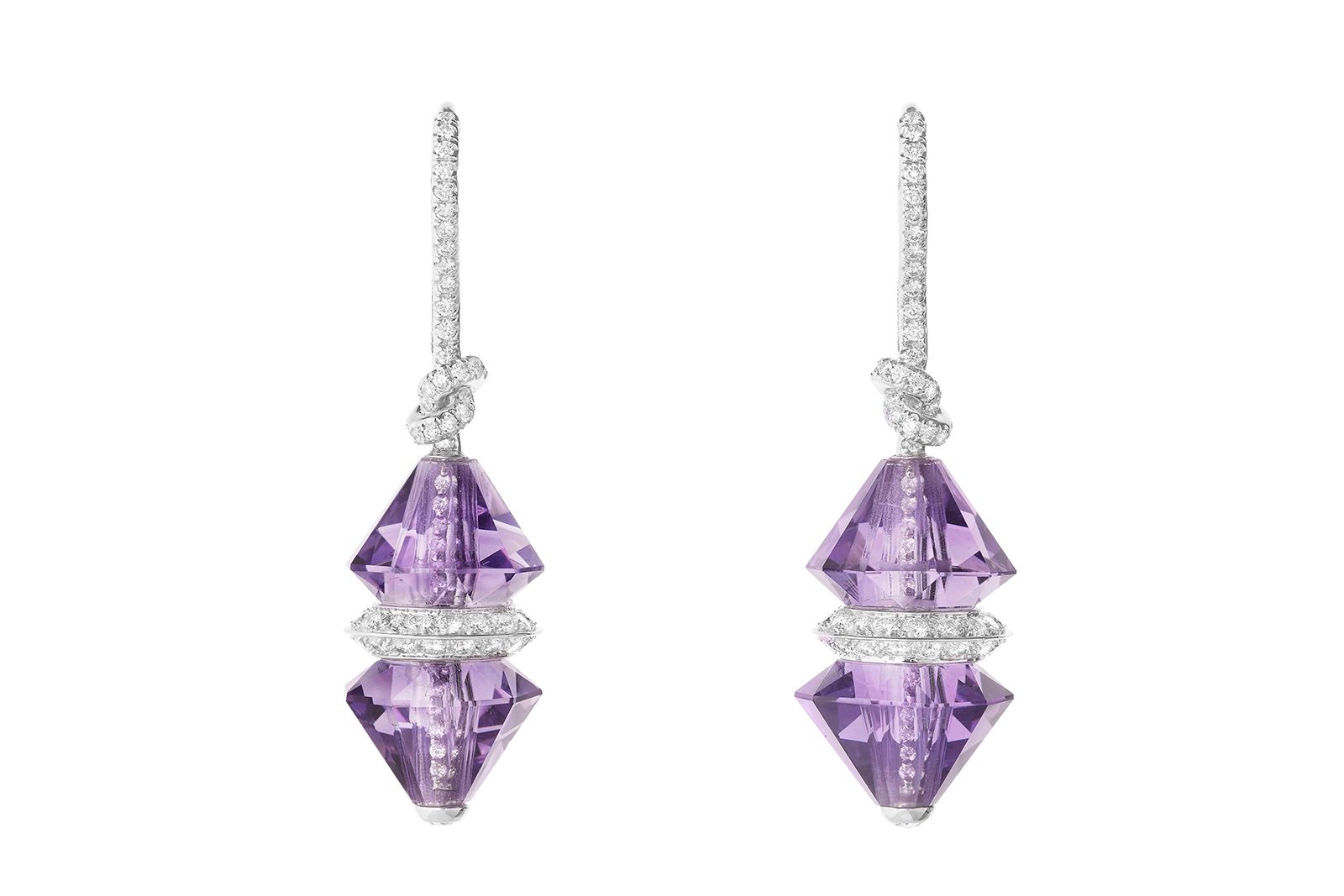
Boucheron
Boucheron
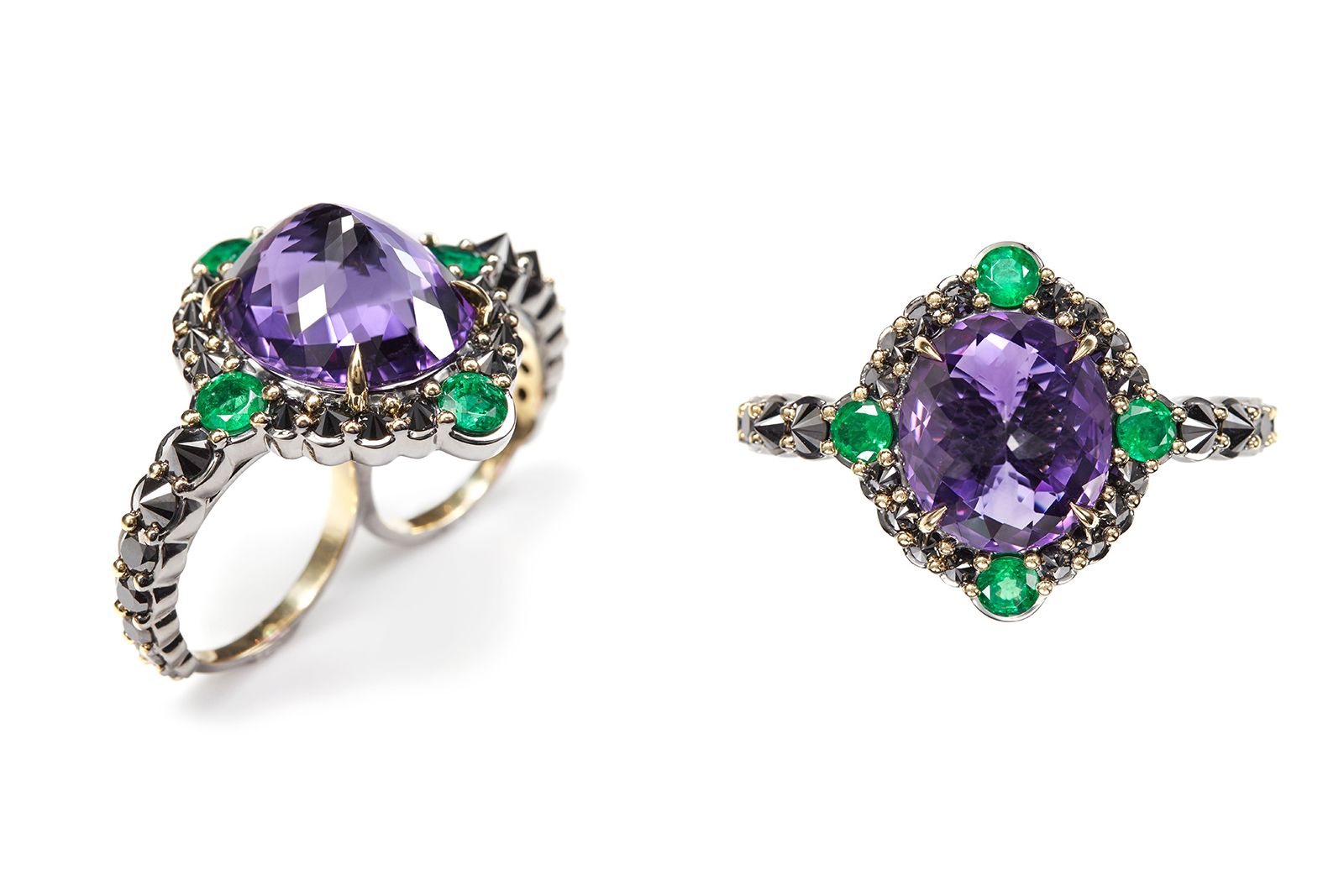
Ara Vartanian
Ara Vartanian
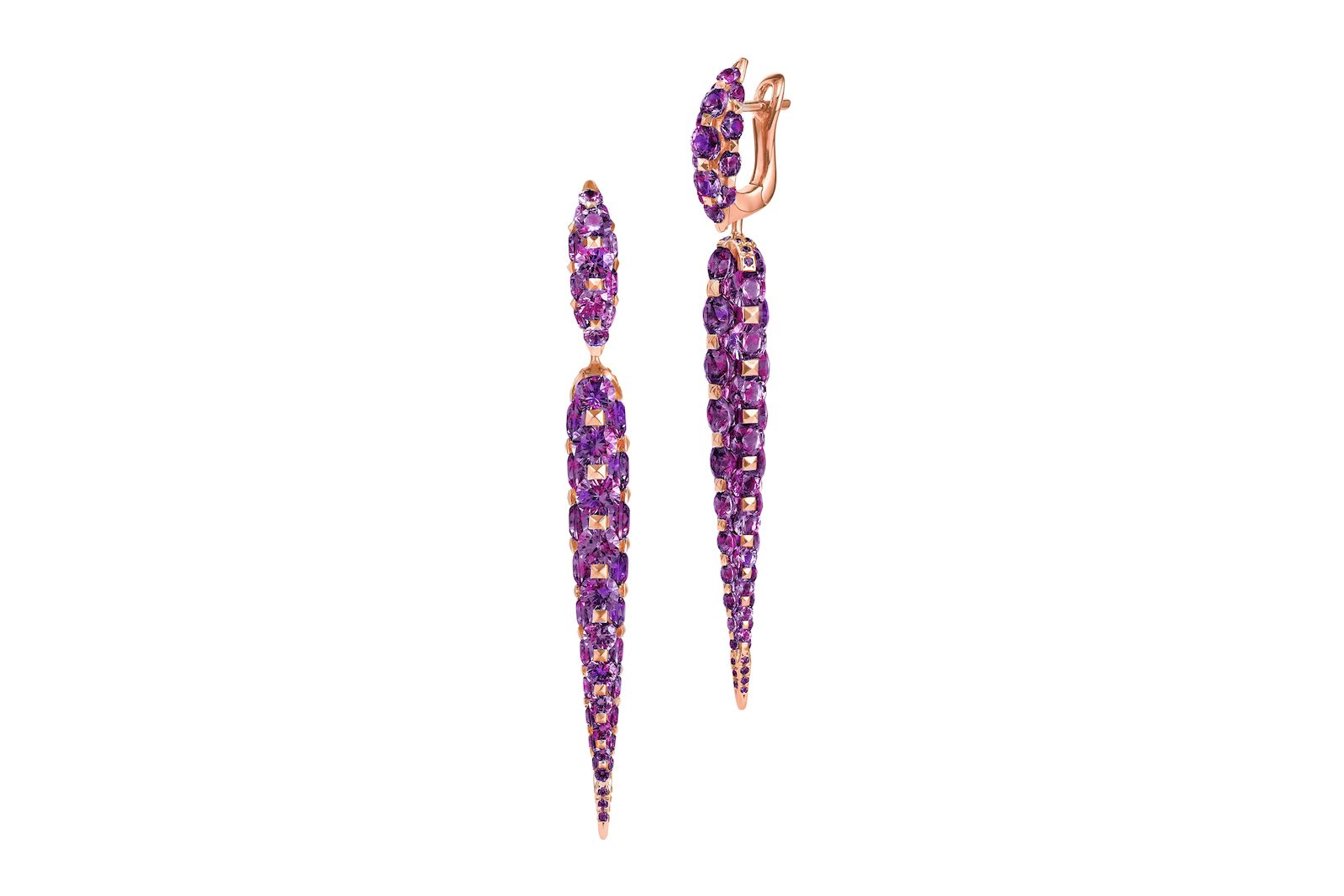
Boghossian
Boghossian
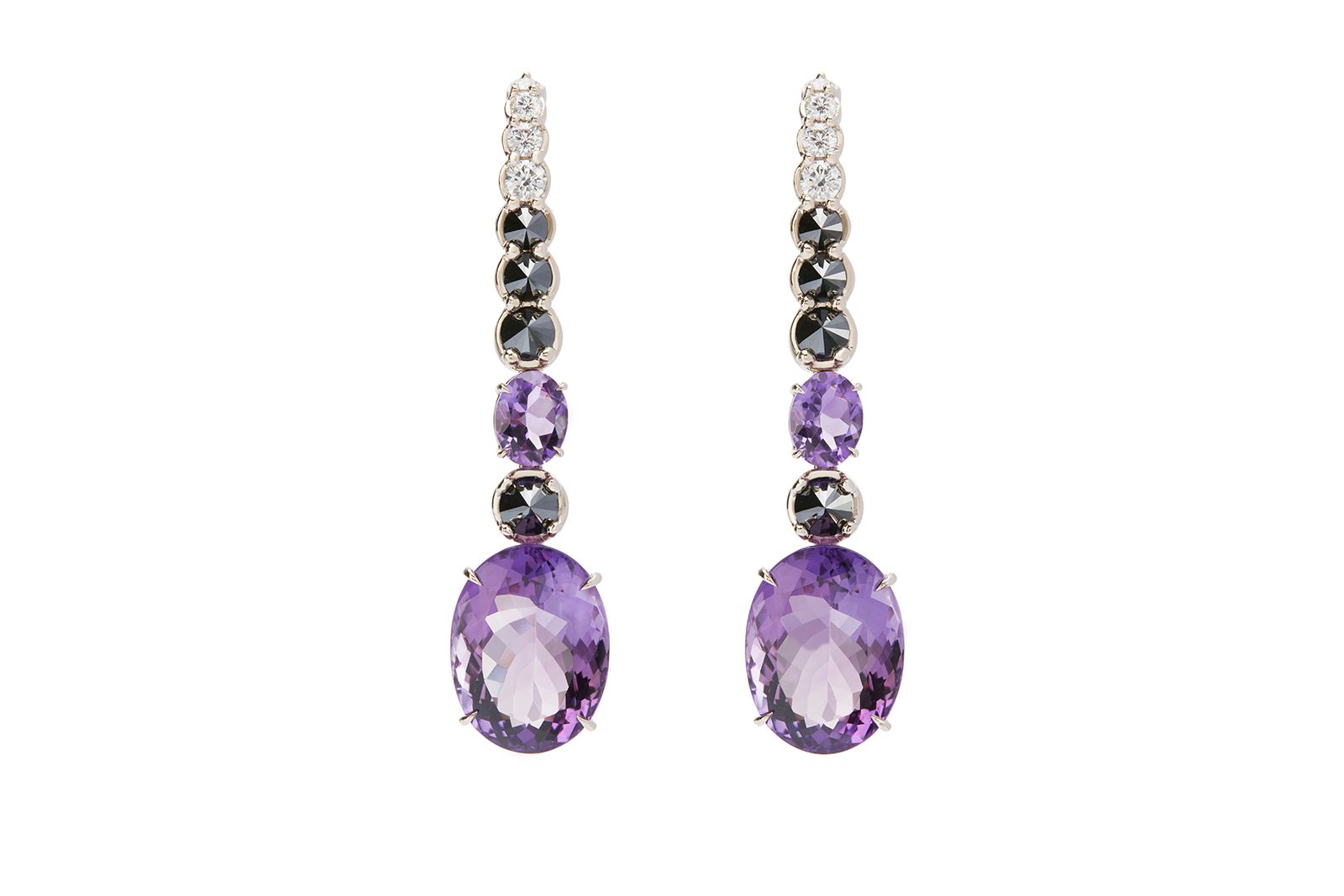
Ara Vartanian
Ara Vartanian
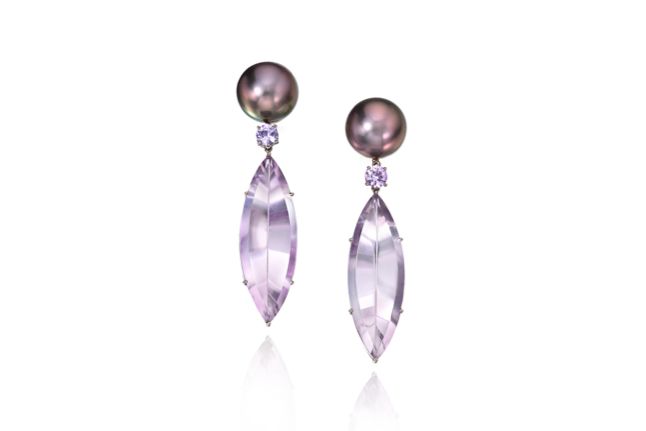
Assael
Assael
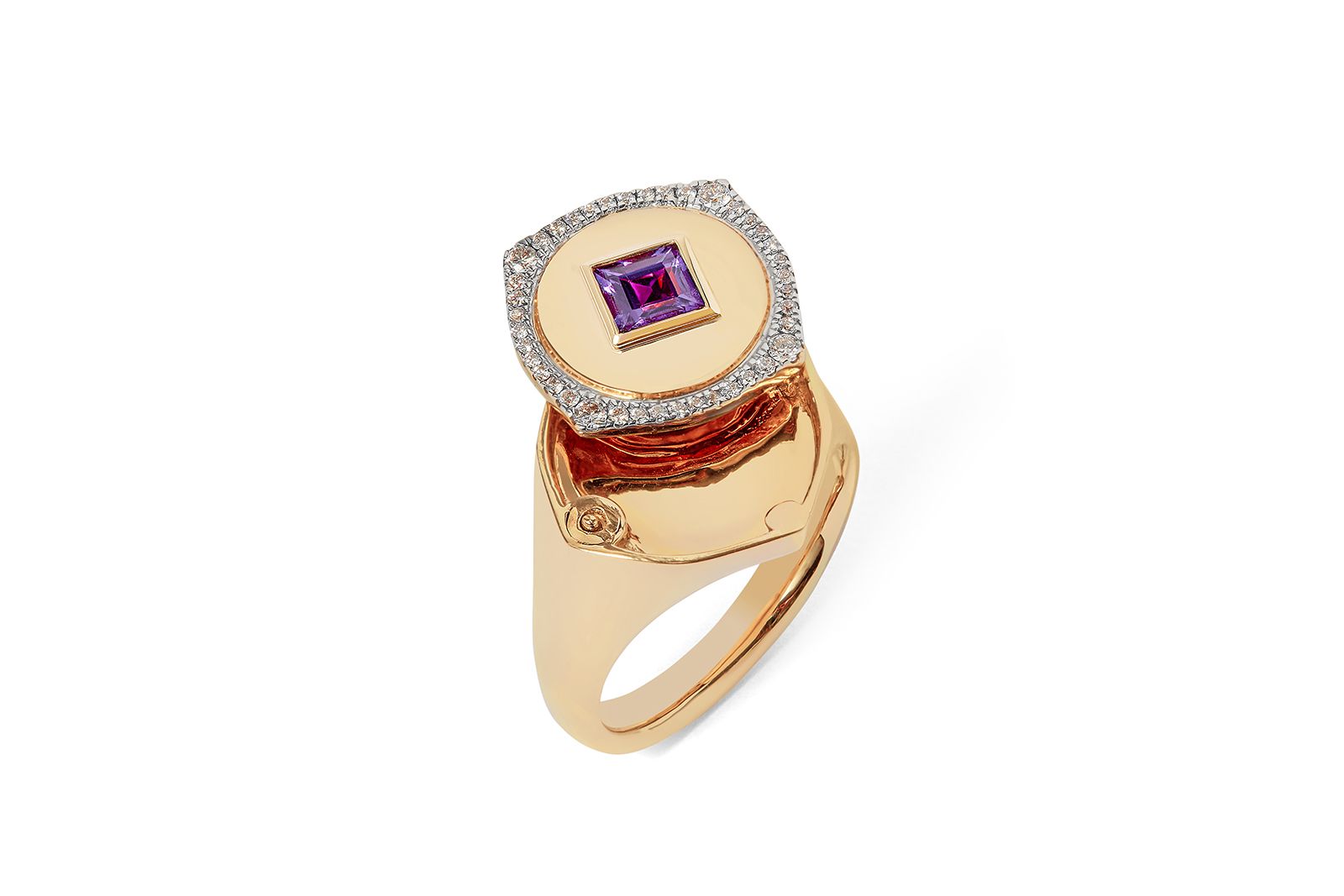
Annoushka
Annoushka
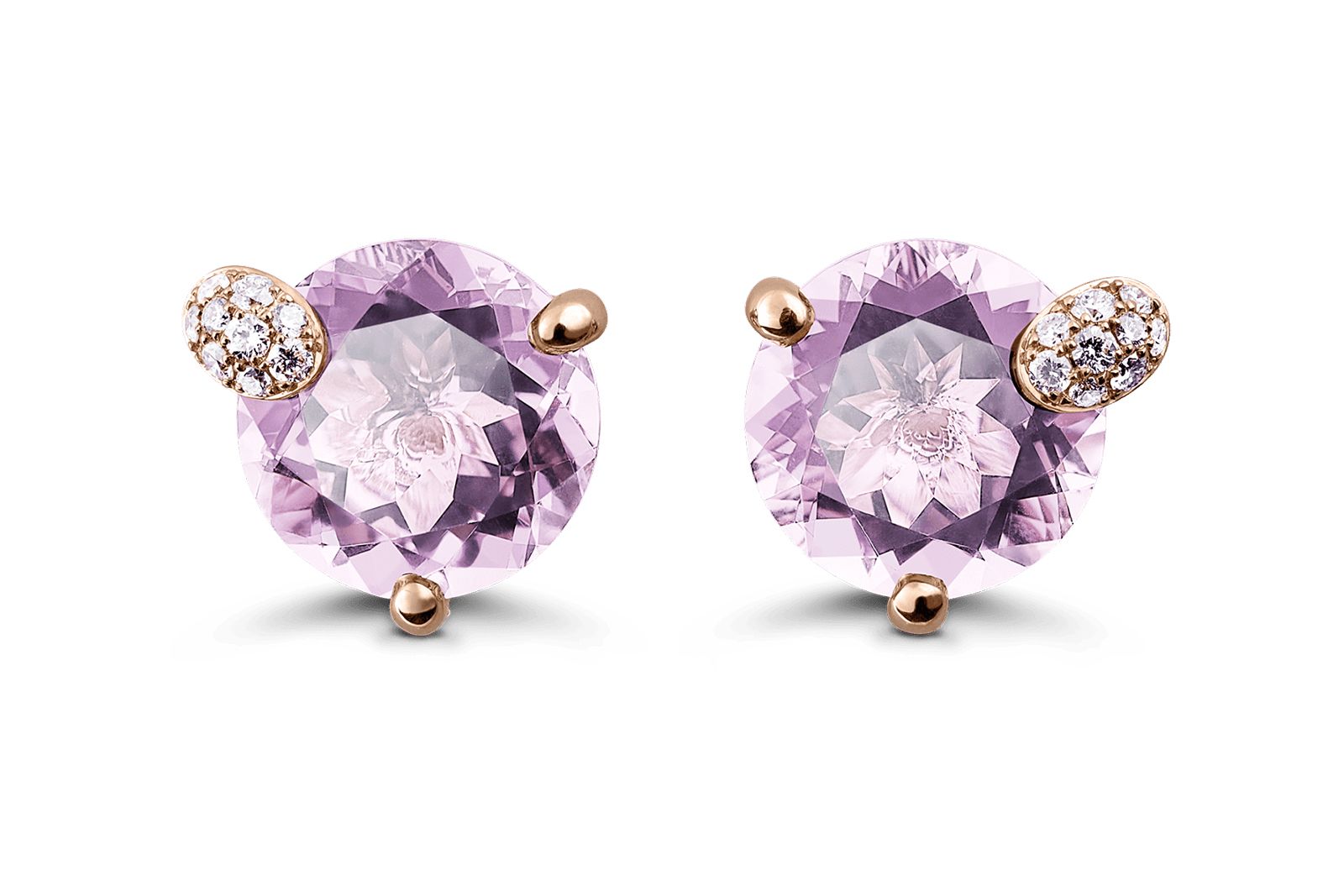
Bucherer Fine Jewellery
Bucherer Fine Jewellery
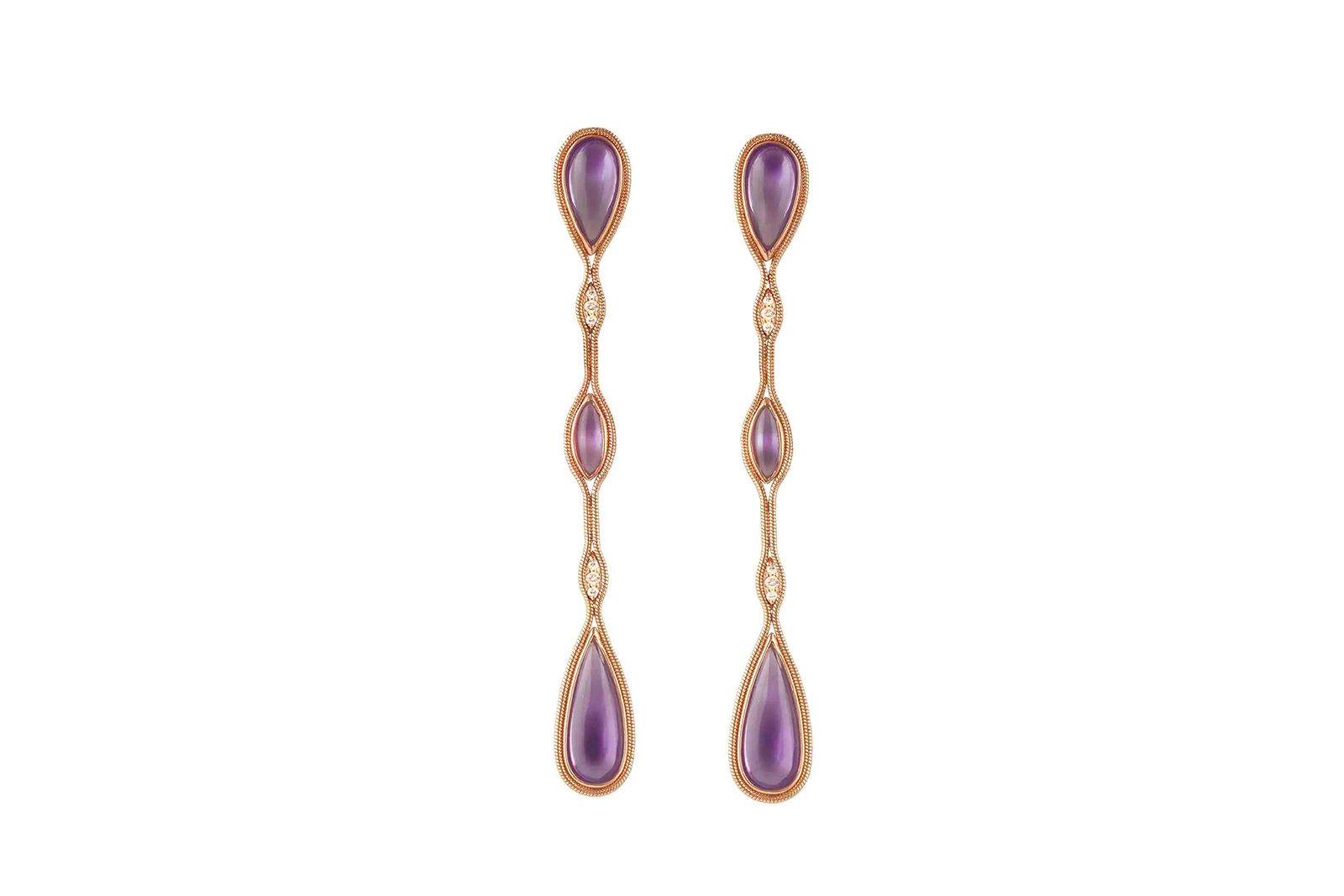
Fernando Jorge
Fernando Jorge
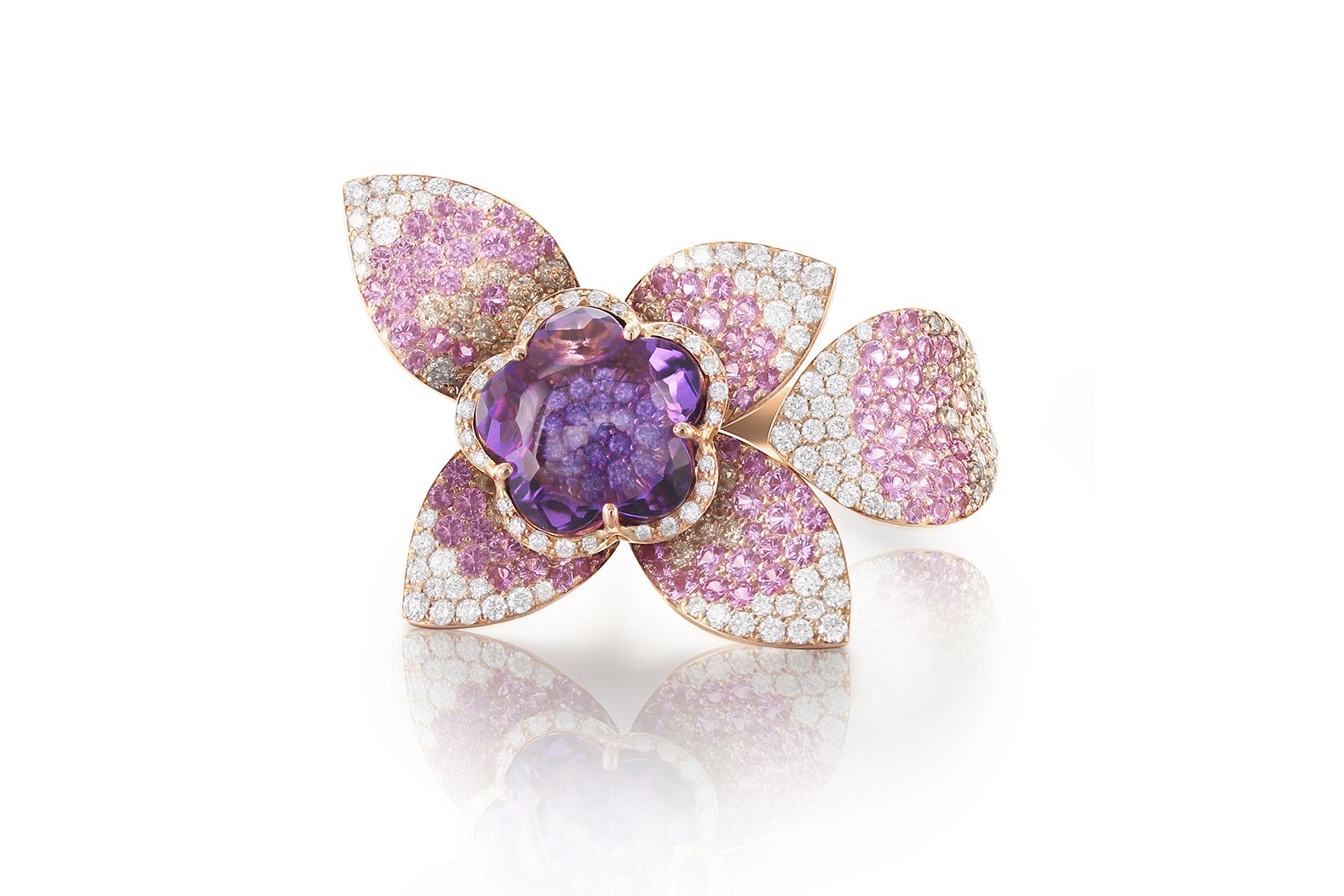
Pasquale Bruni
Pasquale Bruni
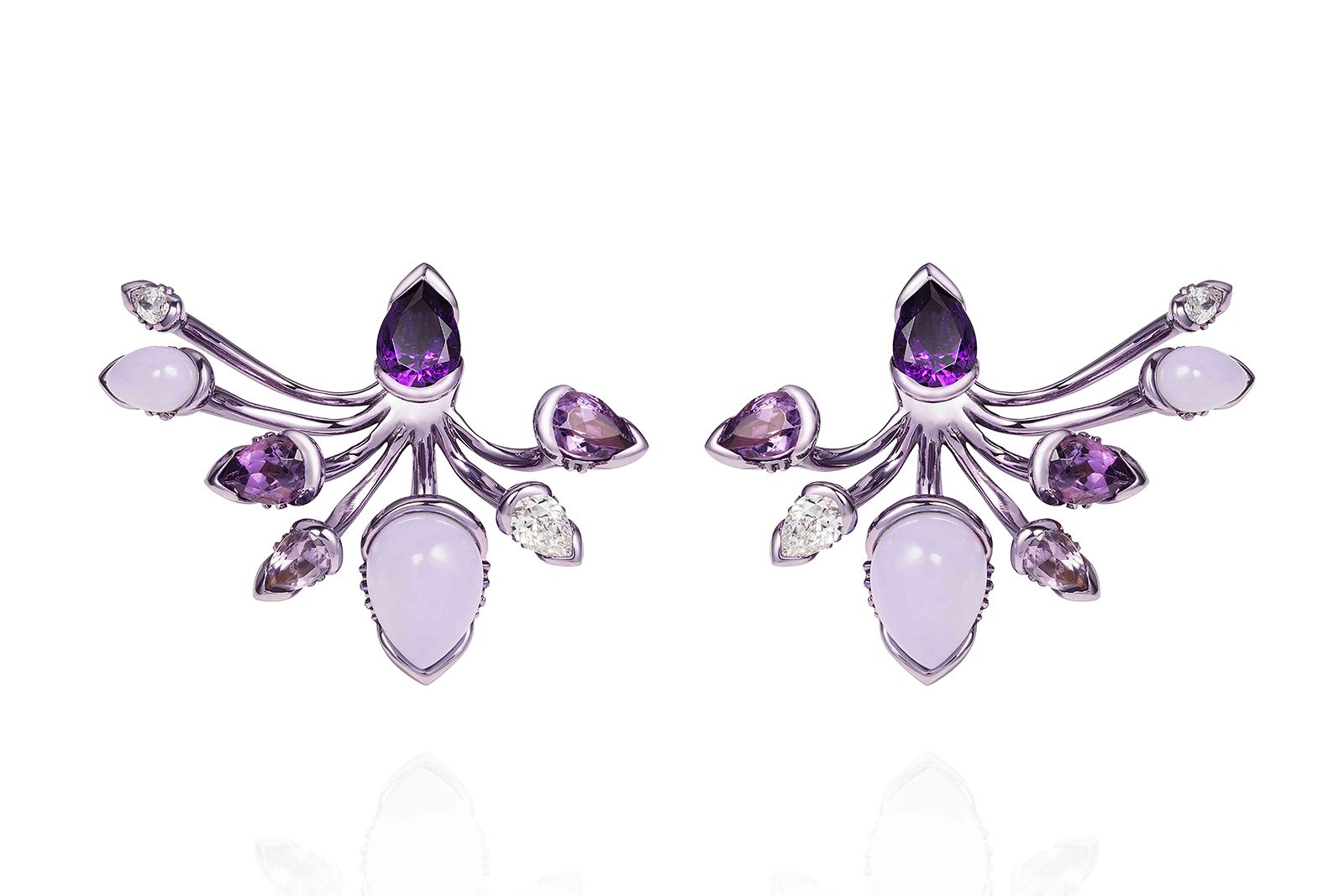
Fernando Jorge
Fernando Jorge
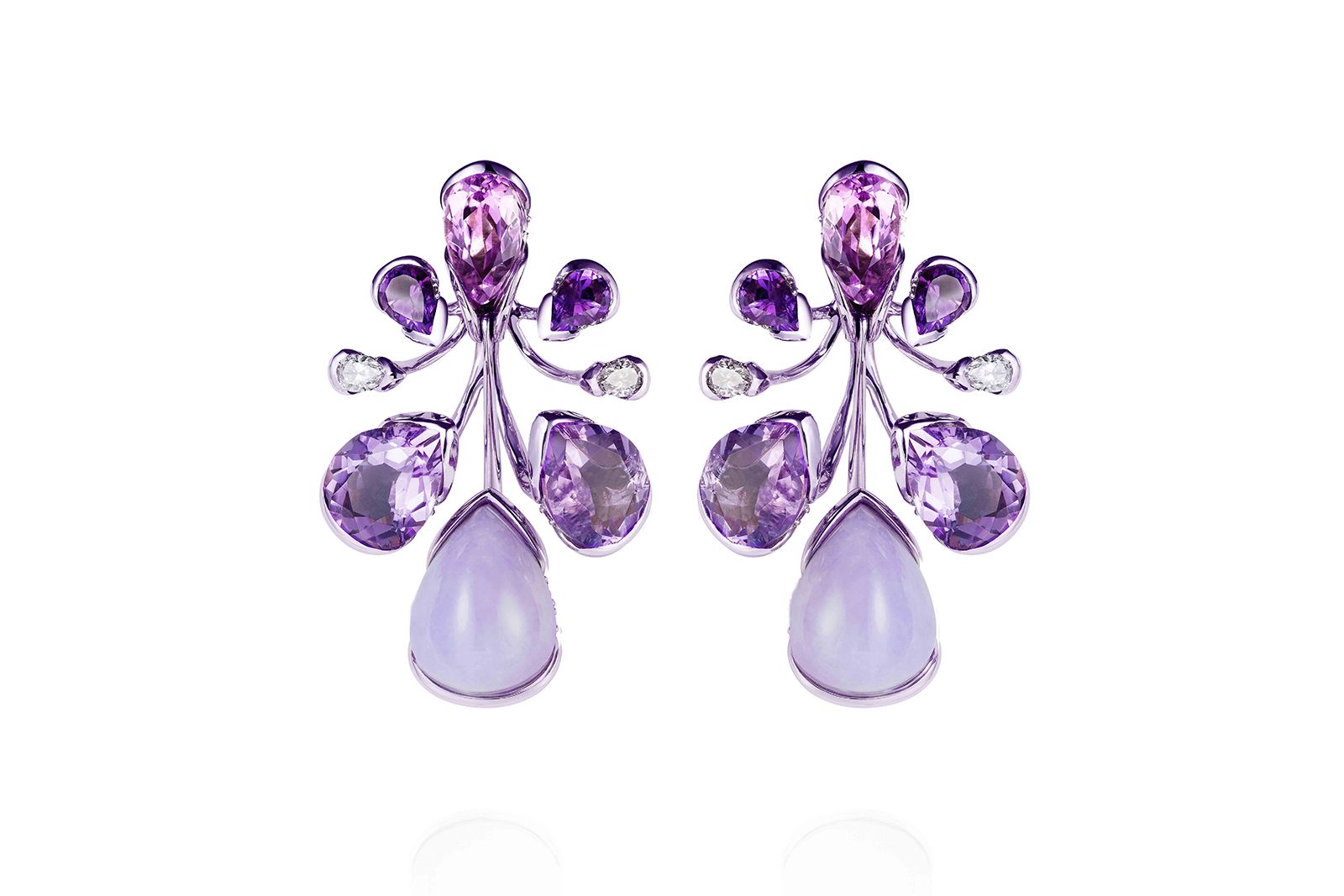
Fernando Jorge
Fernando Jorge
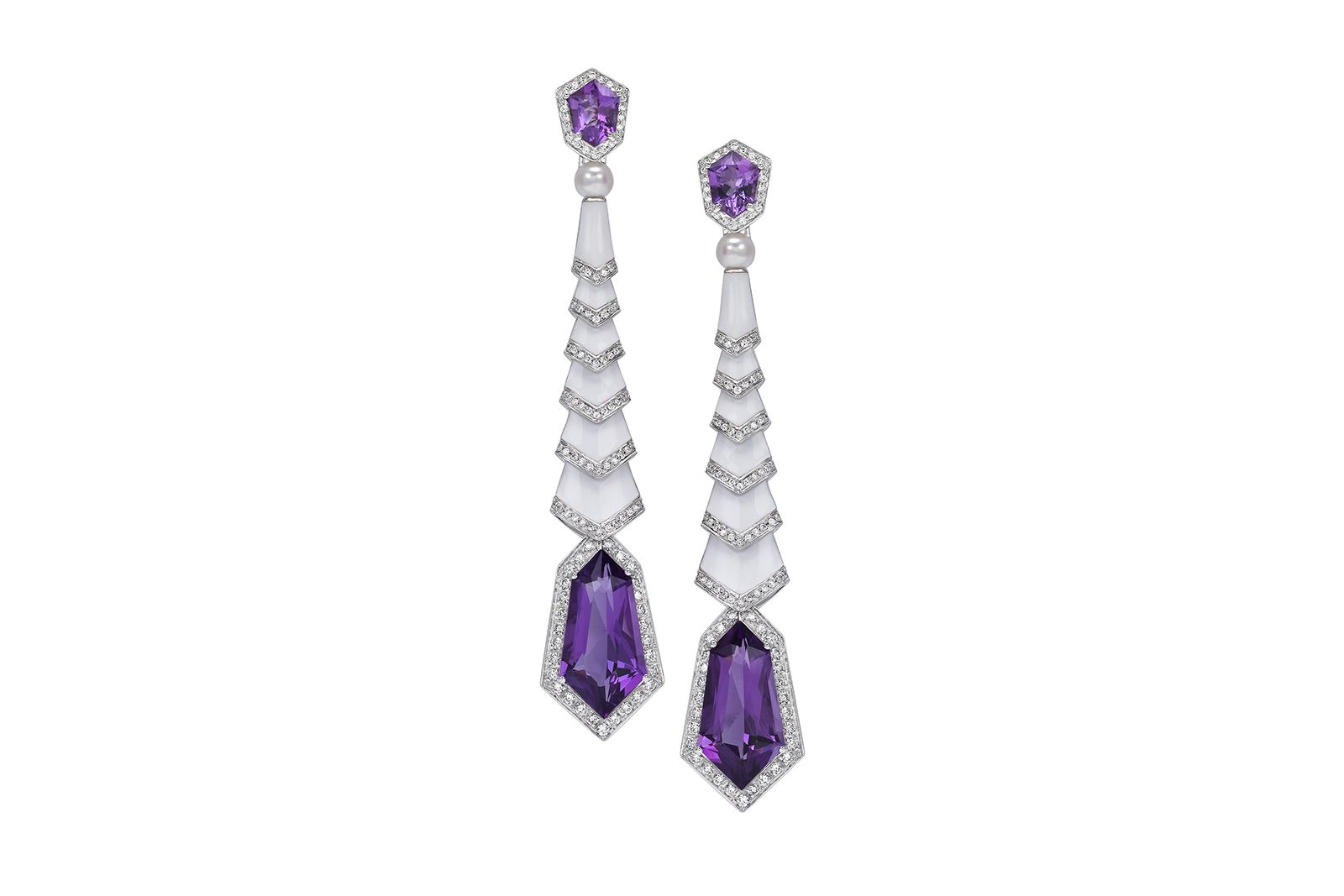
Avakian
Avakian
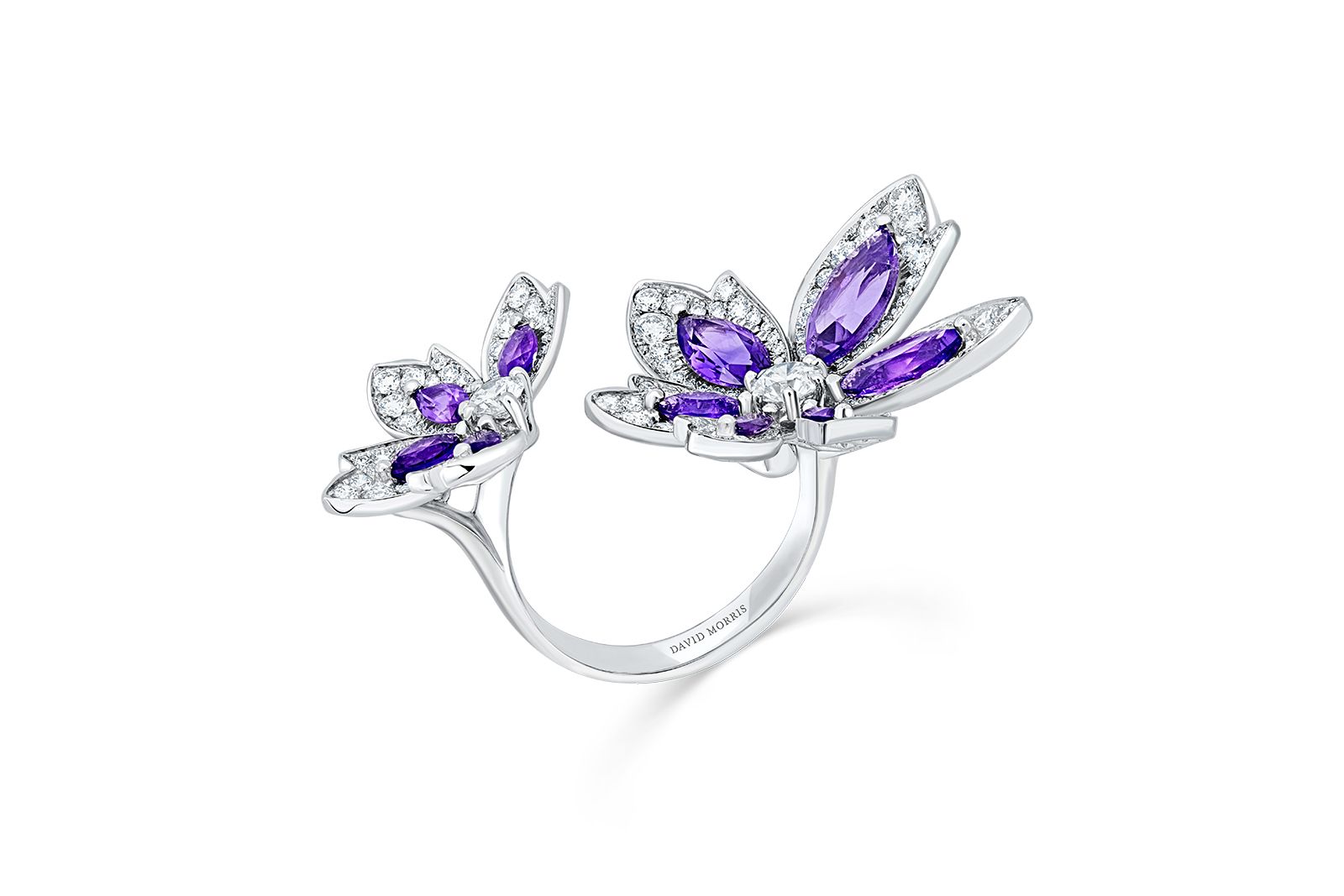
David Morris
David Morris
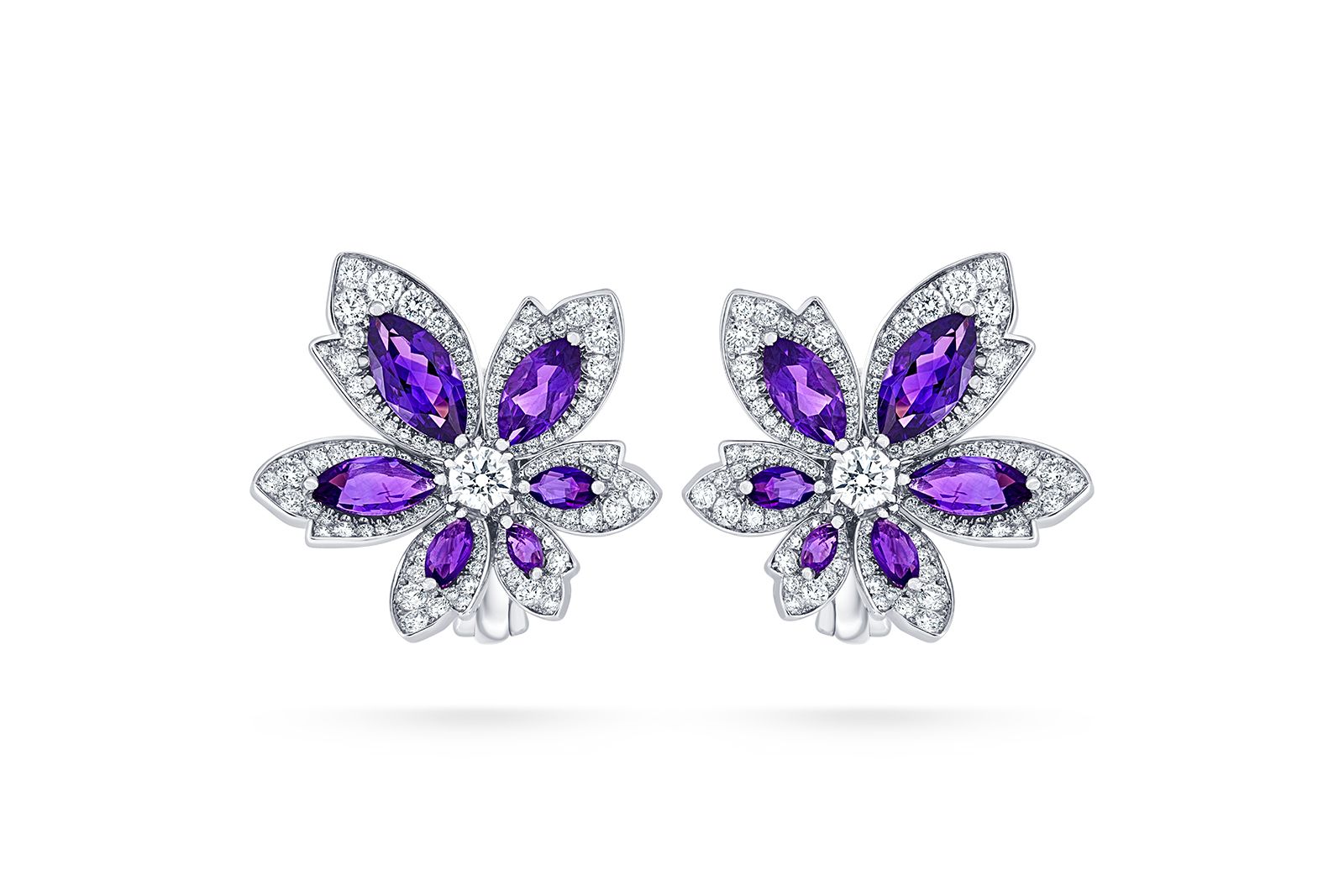
David Morris
David Morris
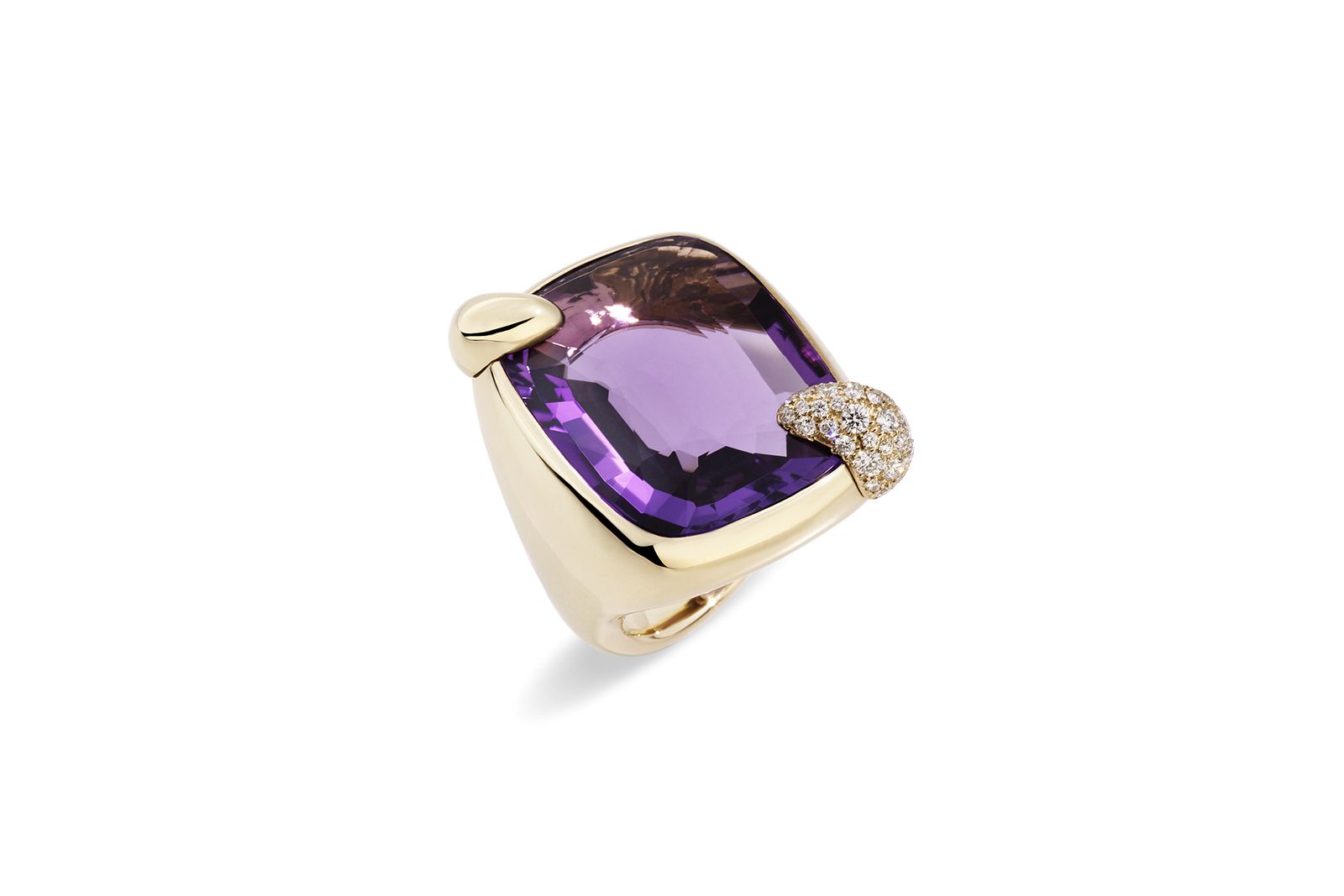
Pomellato
Pomellato
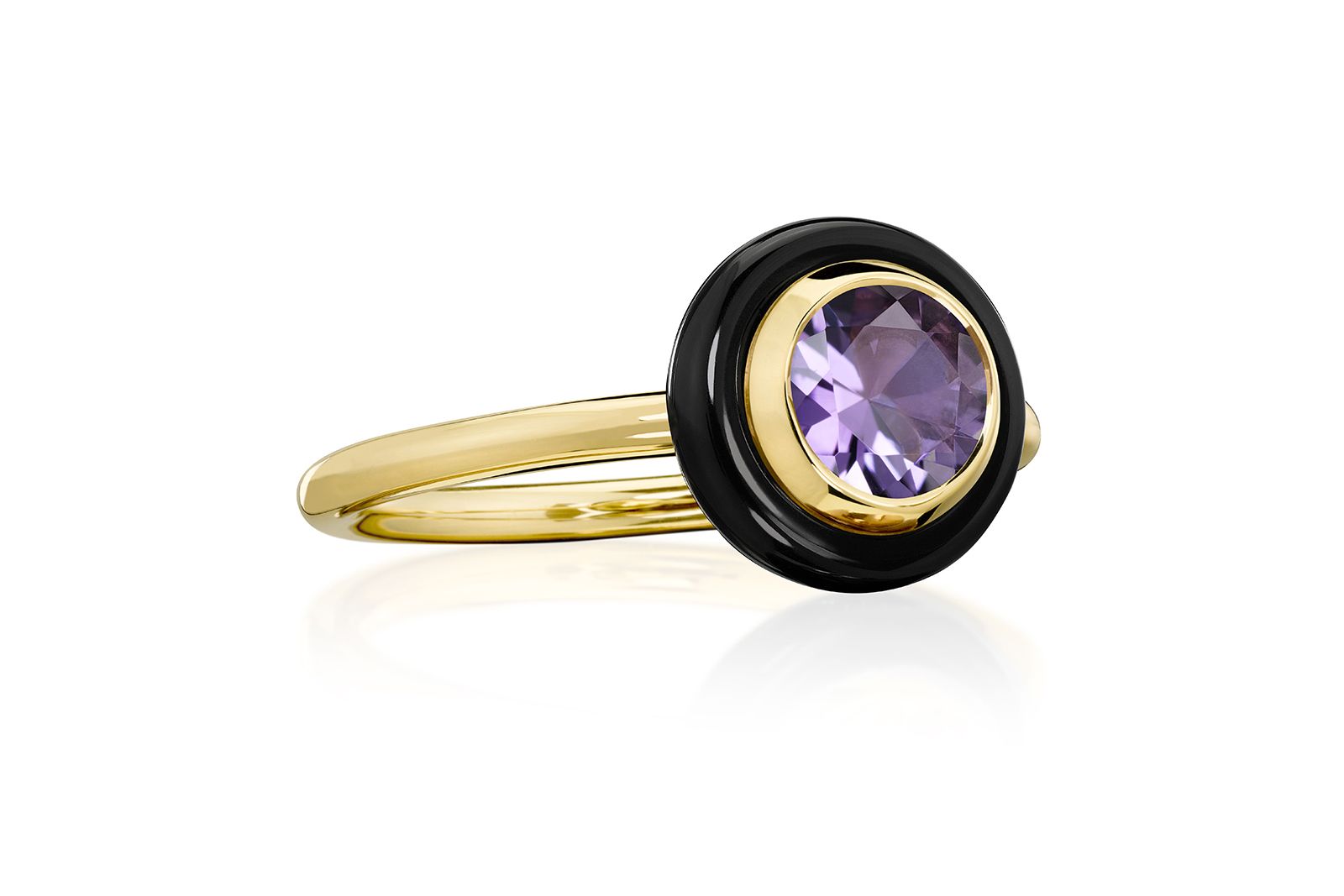
Sauer
Sauer
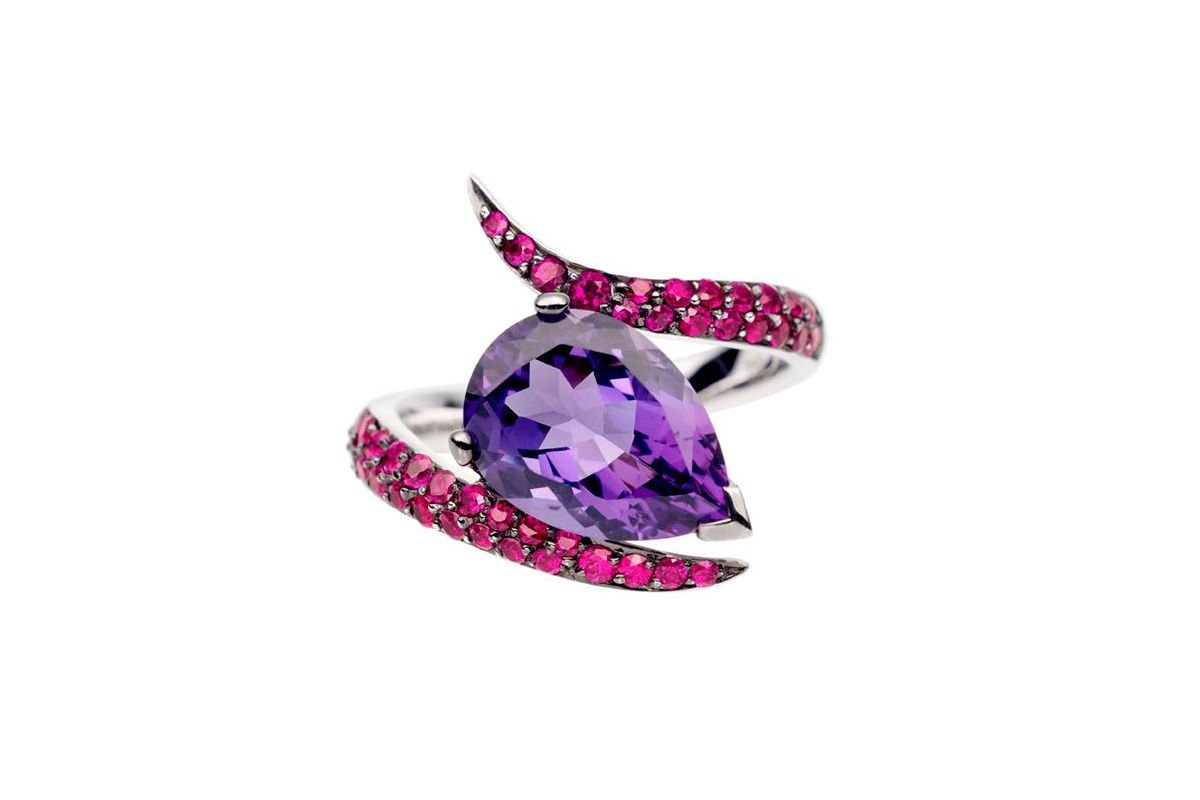
Shaun Leane
Shaun Leane
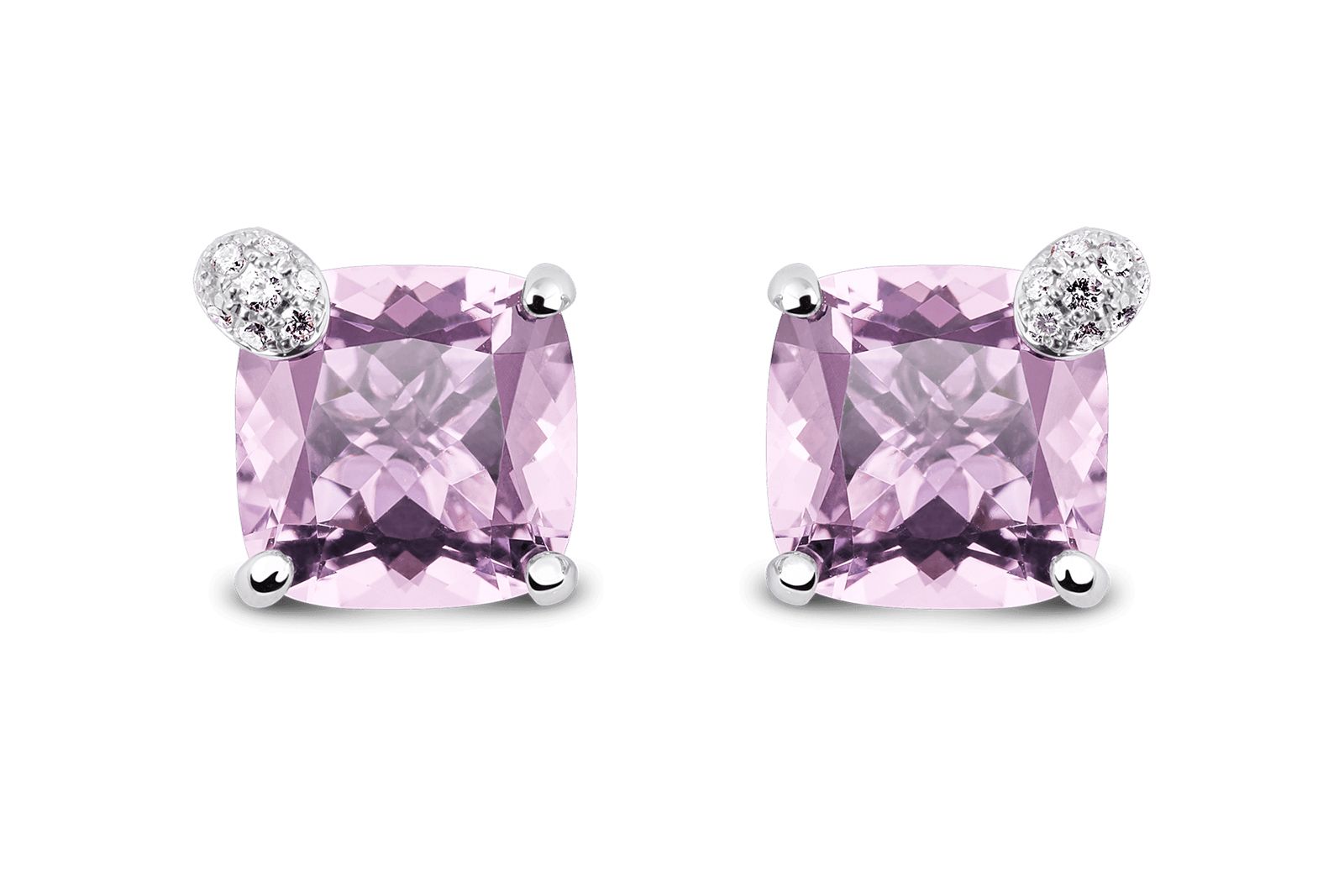
Bucherer Fine Jewellery
Bucherer Fine Jewellery
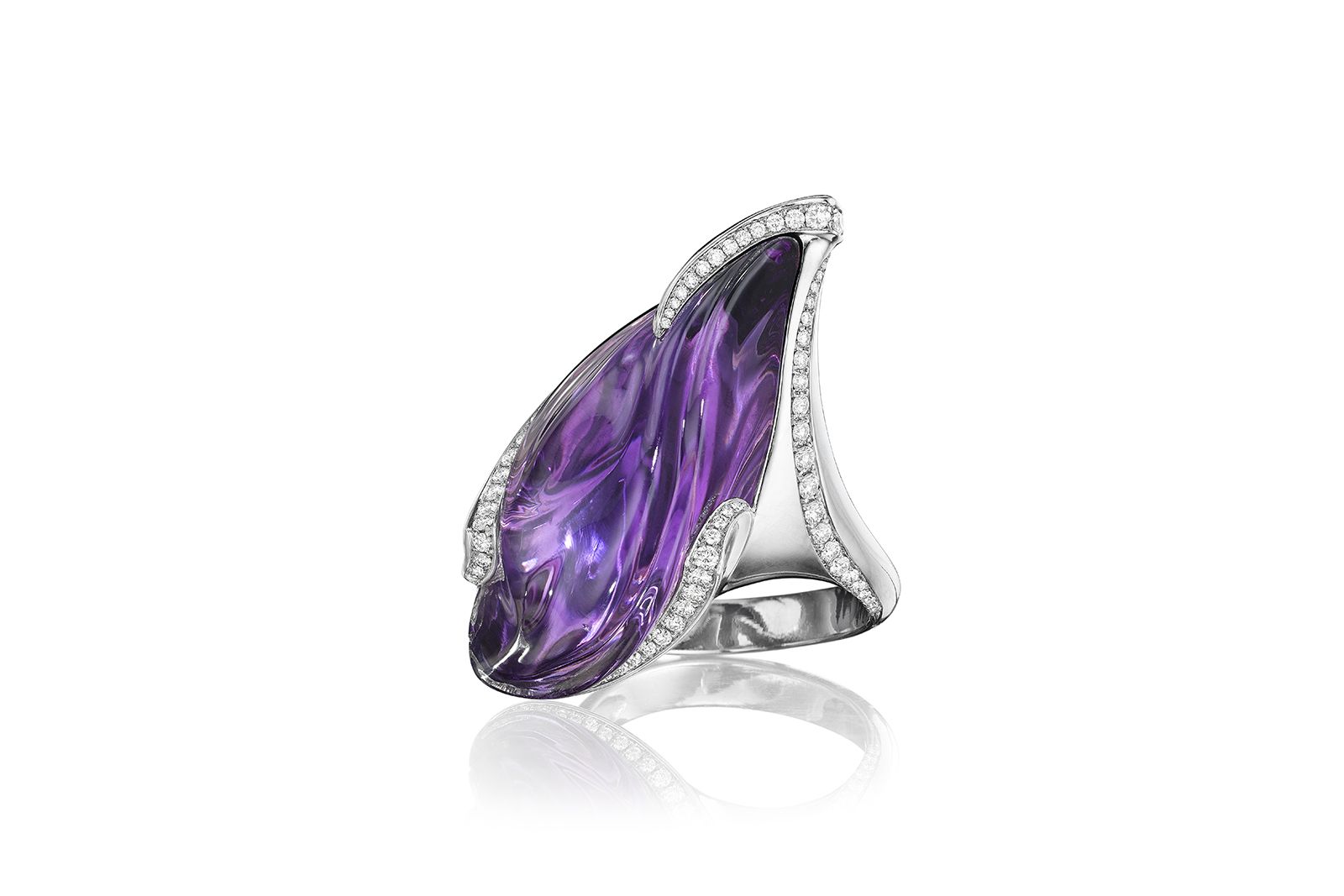
Naomi Sarna
Naomi Sarna
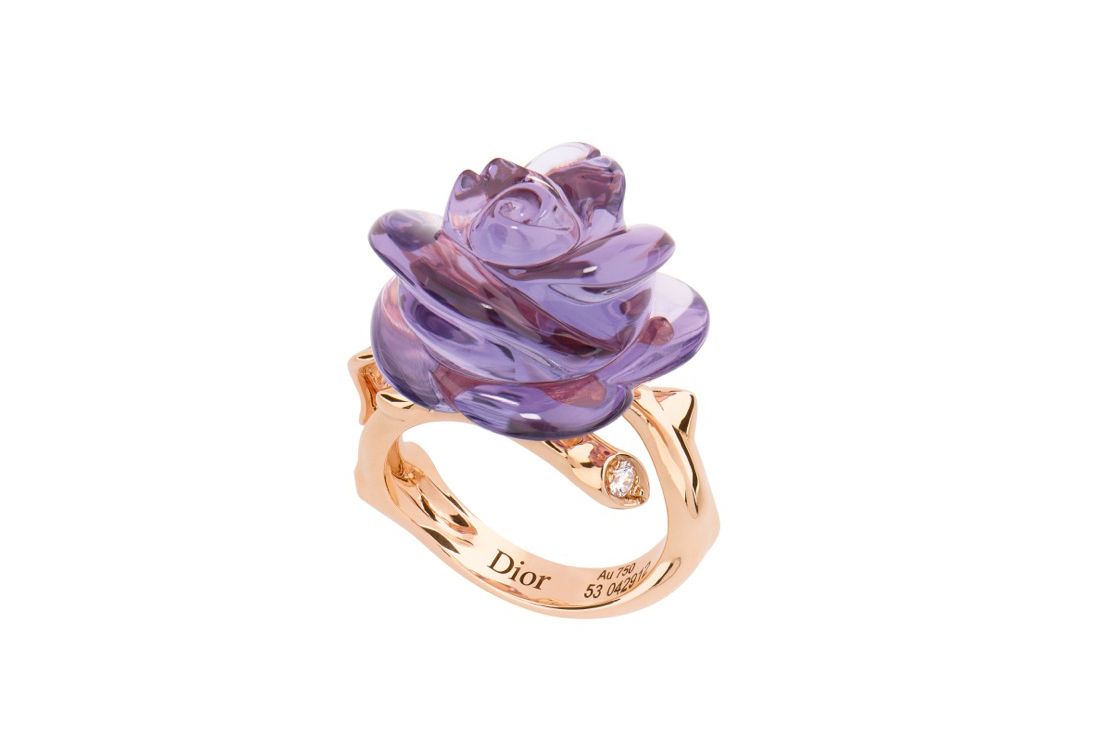
Dior
Dior
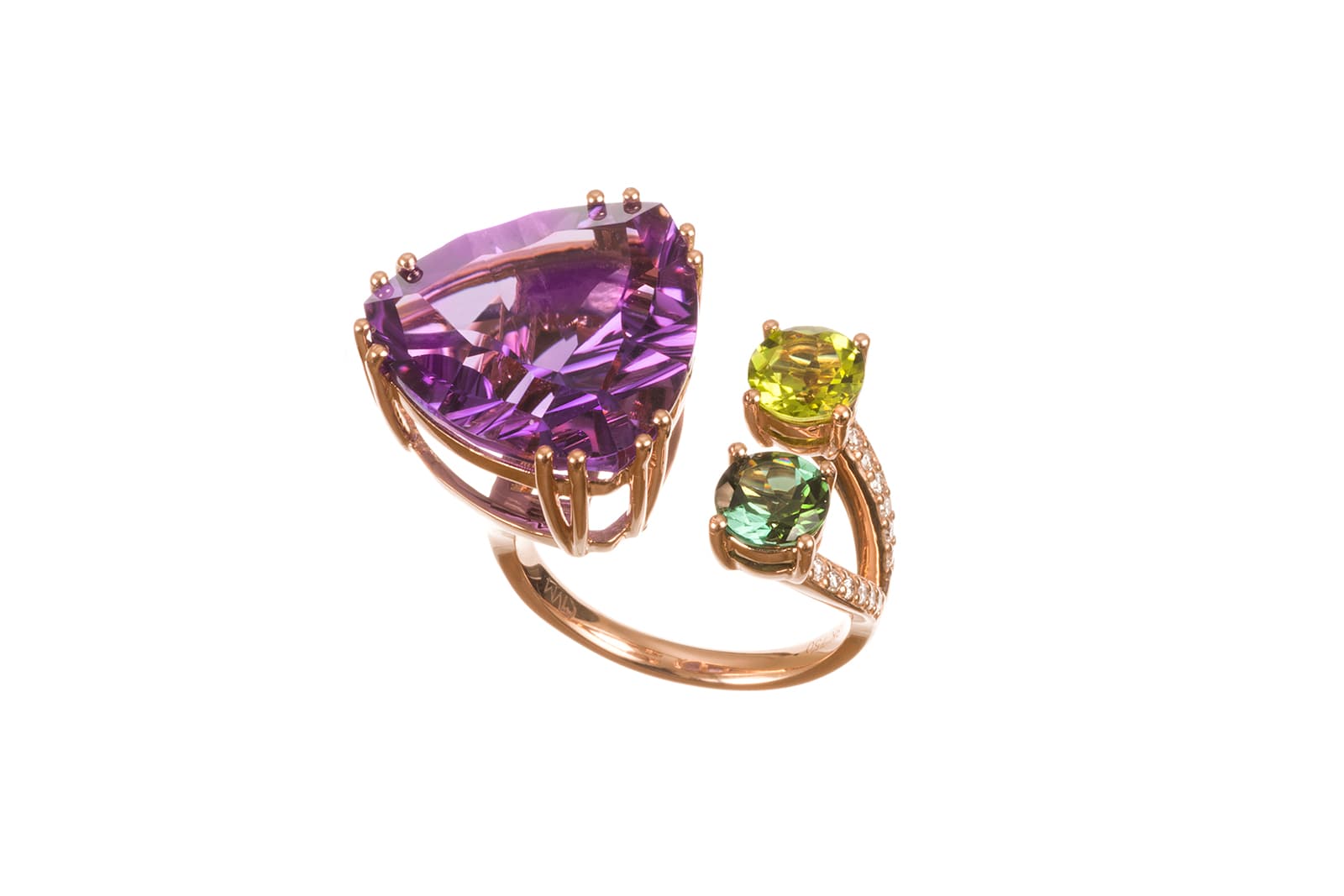
Vanessa Martinelli
Vanessa Martinelli
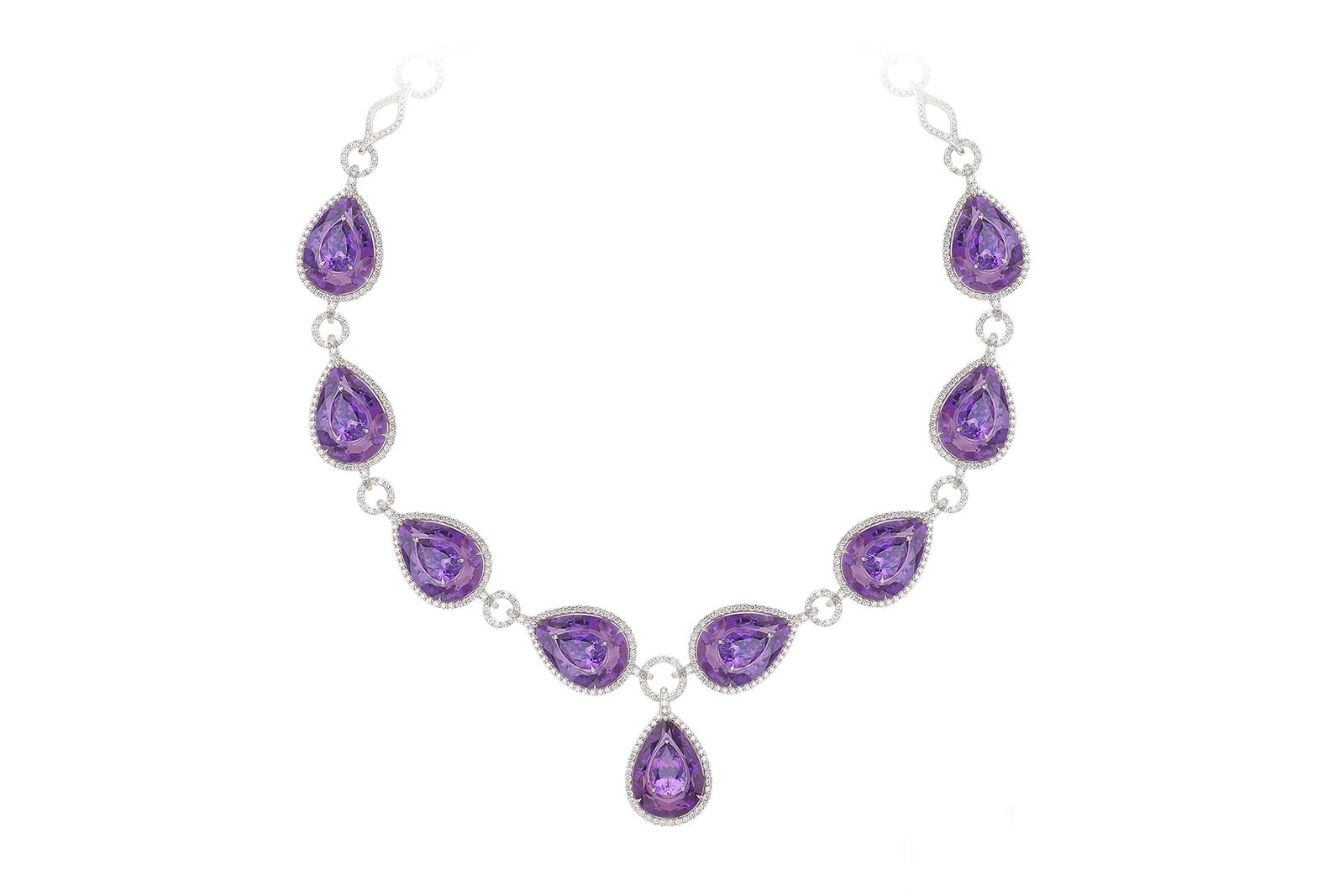
Boghossian
Boghossian
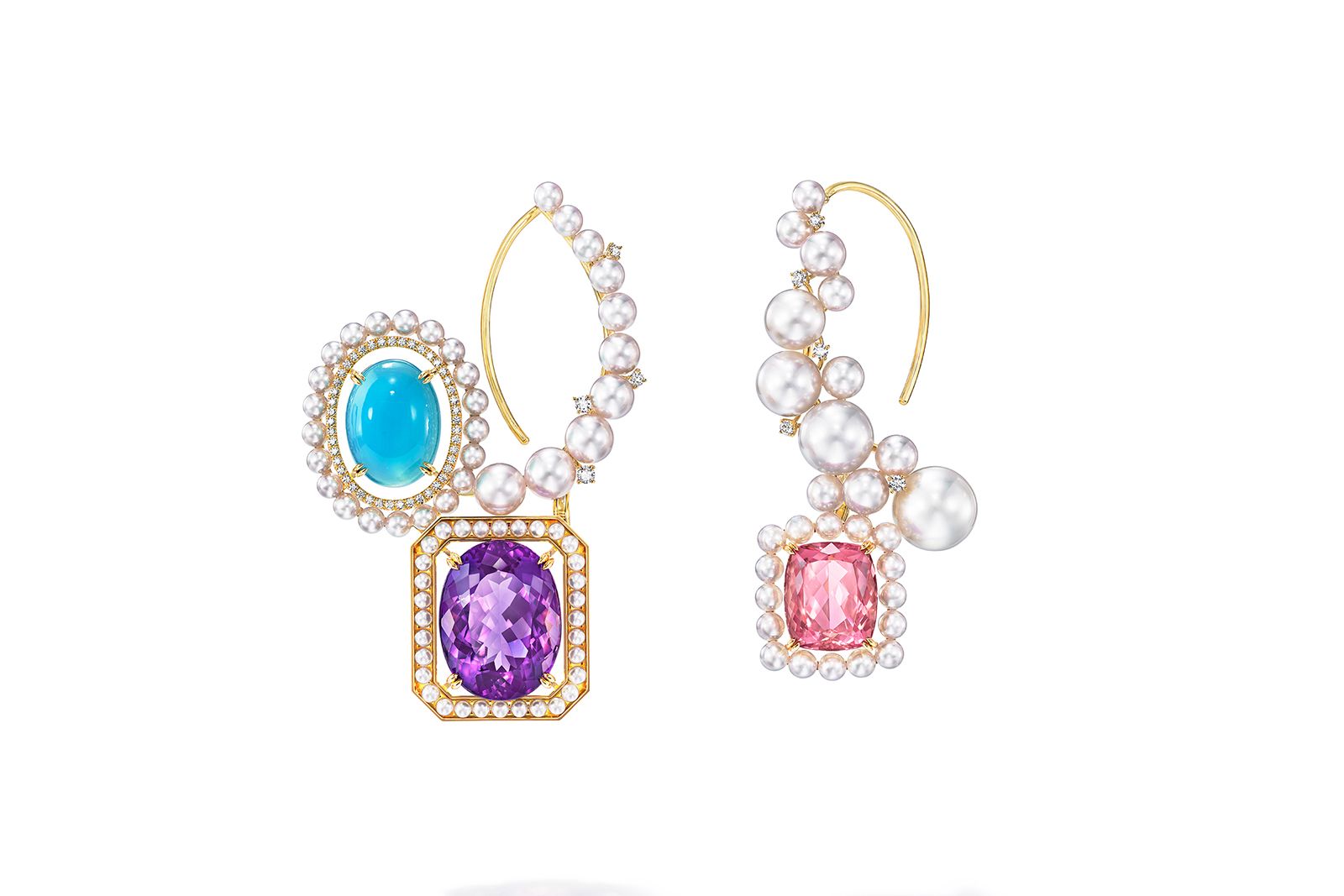
Tasaki
Tasaki
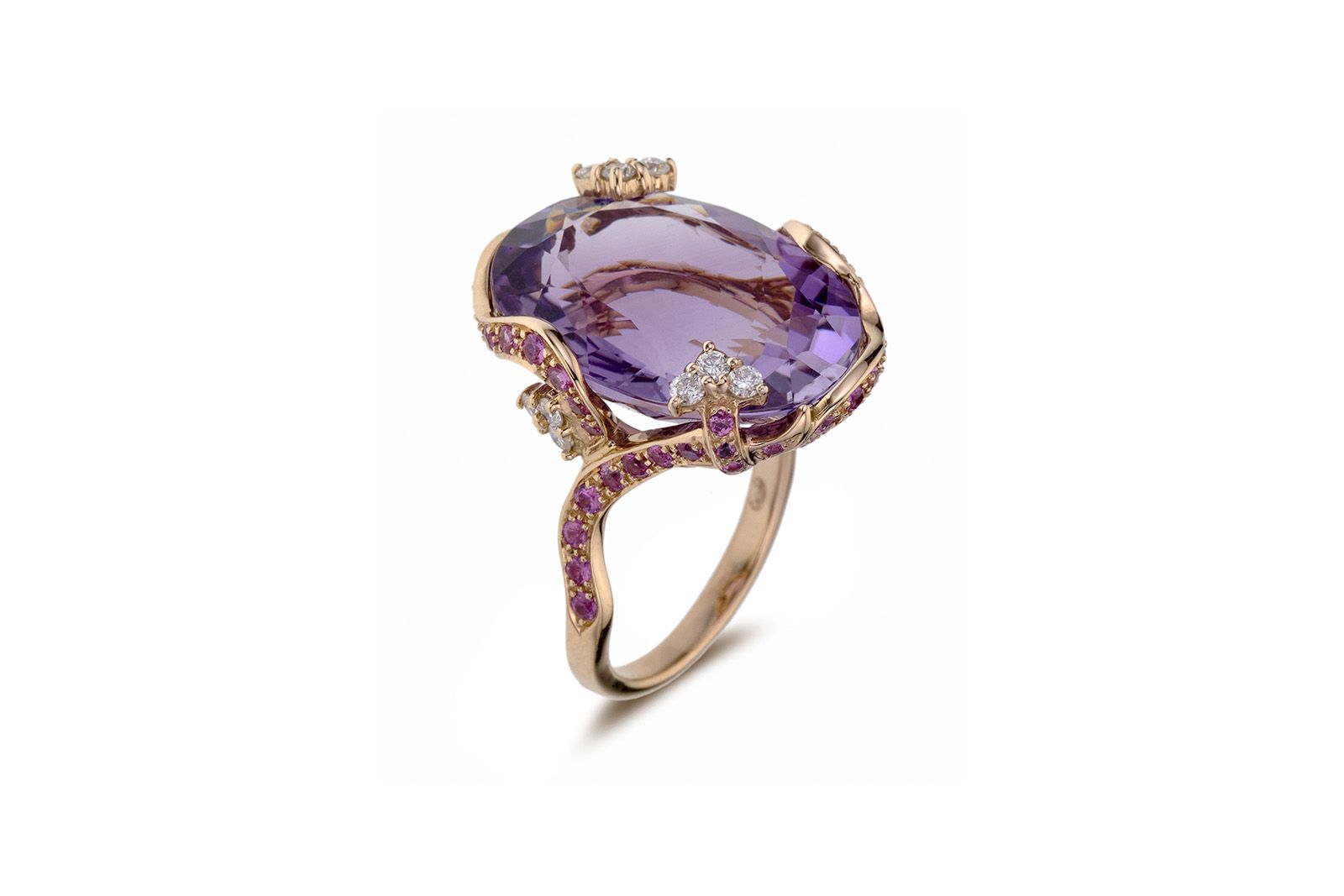
Isabelle Langlois
Isabelle Langlois

WORDS
Katerina Perez Katerina Perez is a jewellery insider, journalist and brand consultant with more than 15 years’ experience in the jewellery sector. Paris-based, Katerina has worked as a freelance journalist and content editor since 2011, writing articles for international publications. To share her jewellery knowledge and expertise, Katerina founded this website and launched her @katerina_perez Instagram in 2013.
Related Articles
Best Watches of 2024: The Top Timepiece Launches of the Year

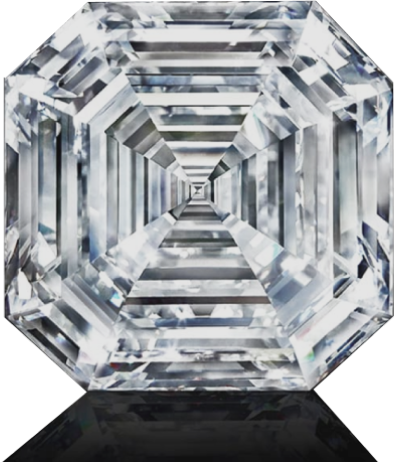
Latest Stories
Add articles and images to your favourites. Just
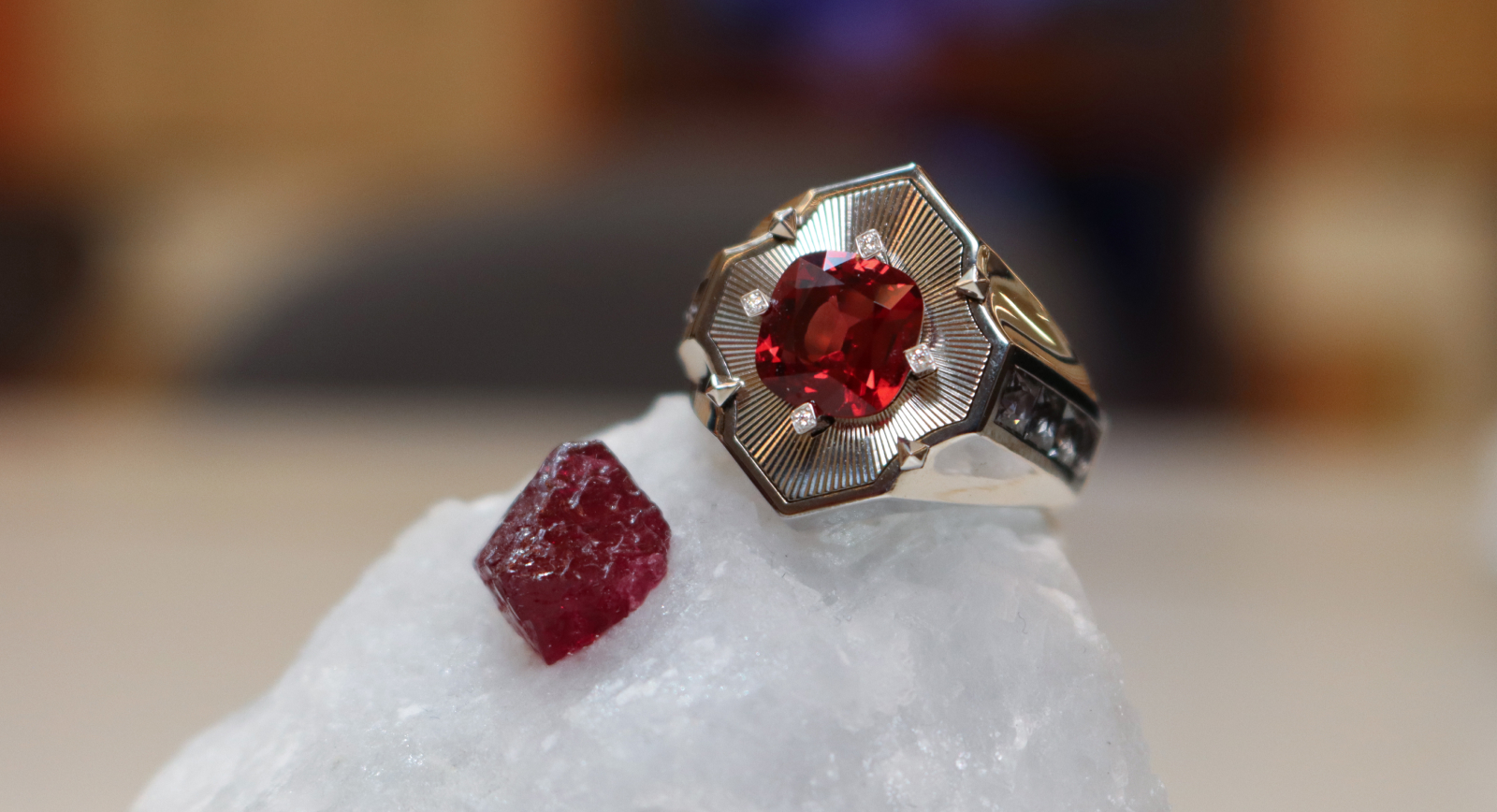
Jeweller of the Month:MADLY Gems
Singaporean brand celebrates 10-year anniversary
Jewels Katerina Perez Loves
Continue Reading
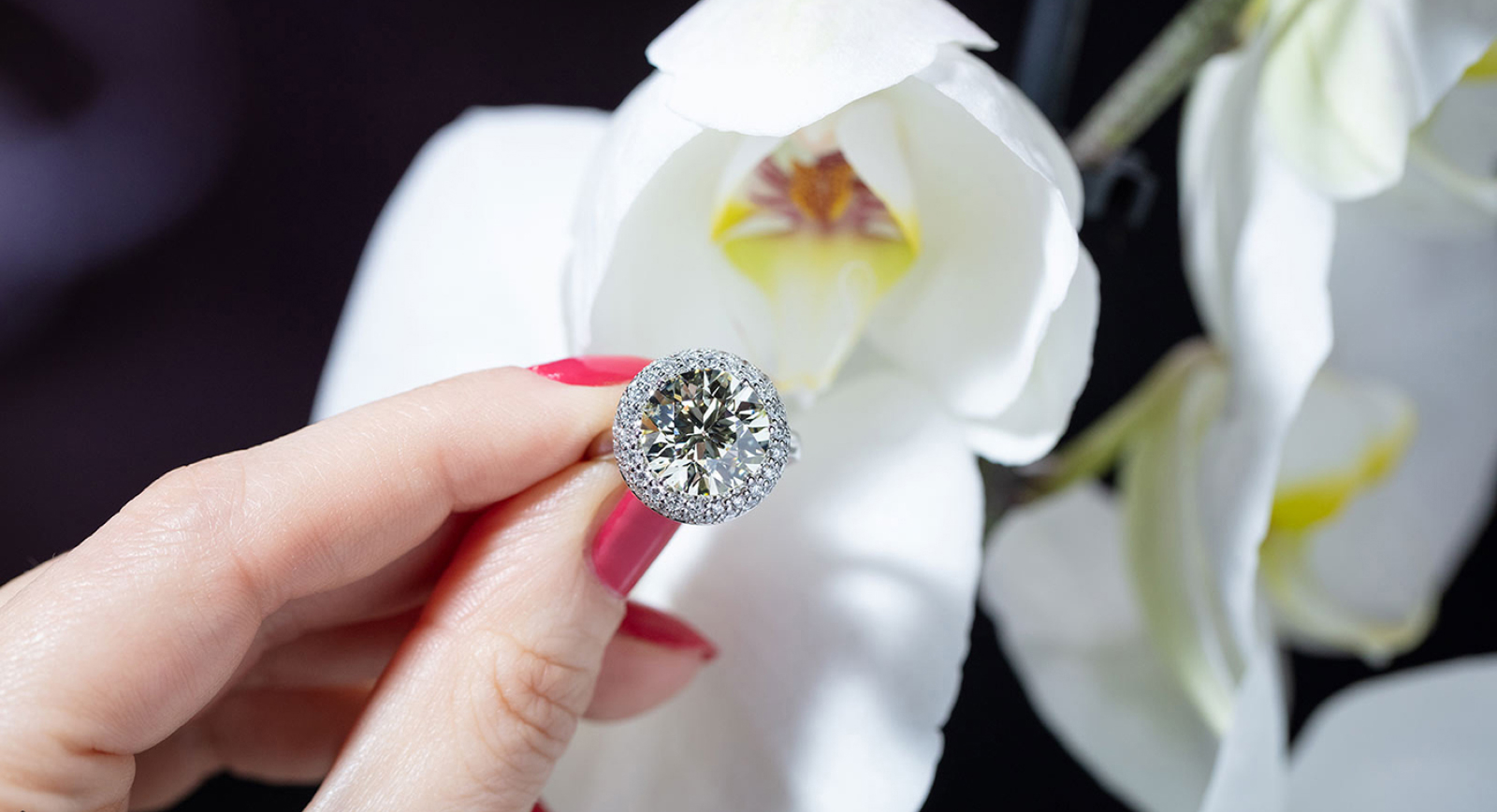
Ask Katerina:Diamond Jewellery Styling Tips for Modern Dressing
Here are some of the answers I gave during the presentation to aid your jewellery dressing…
Brand Focus:Van Cleef & Arpels
Jewellery Insights straight to your inbox
